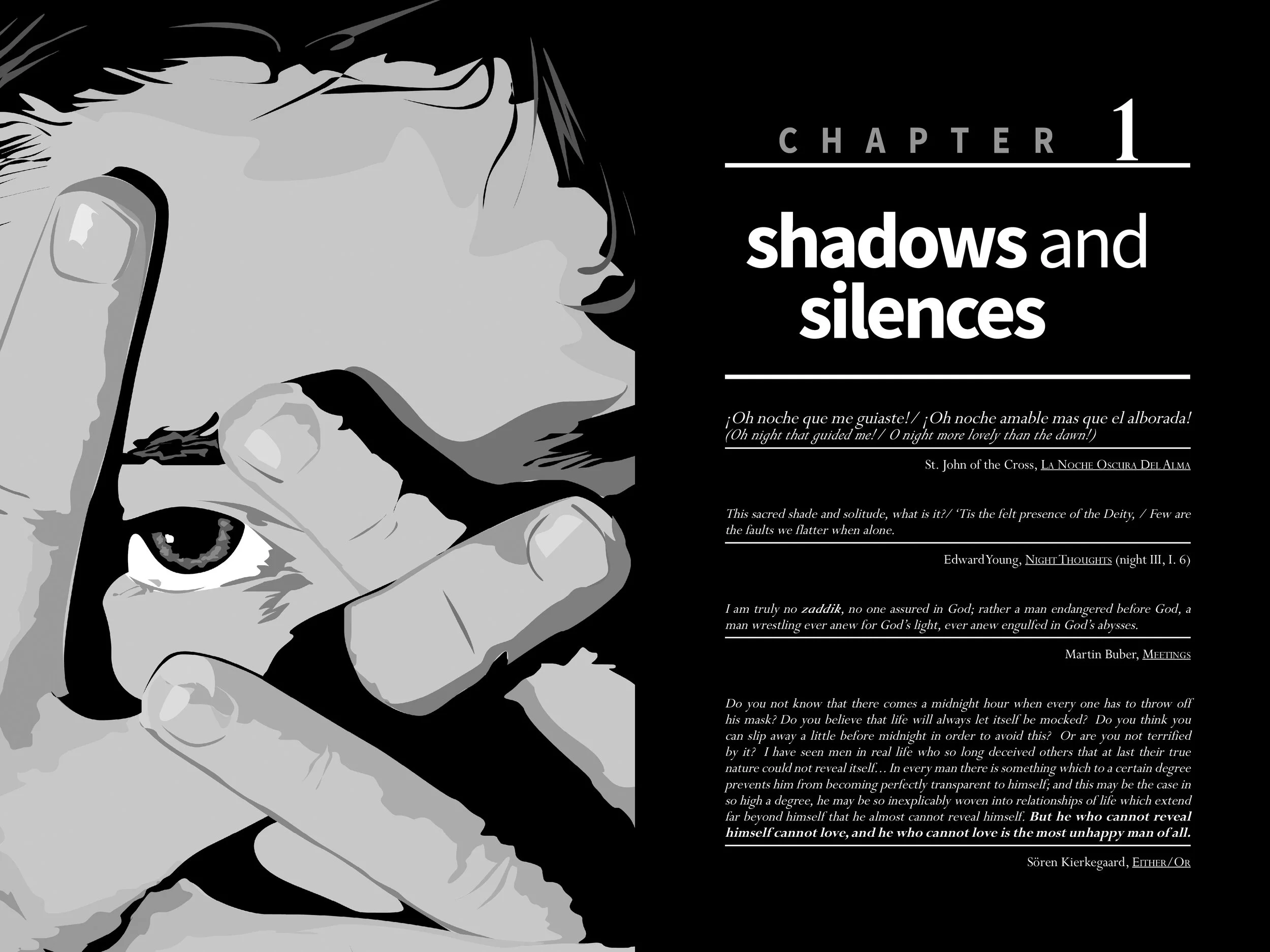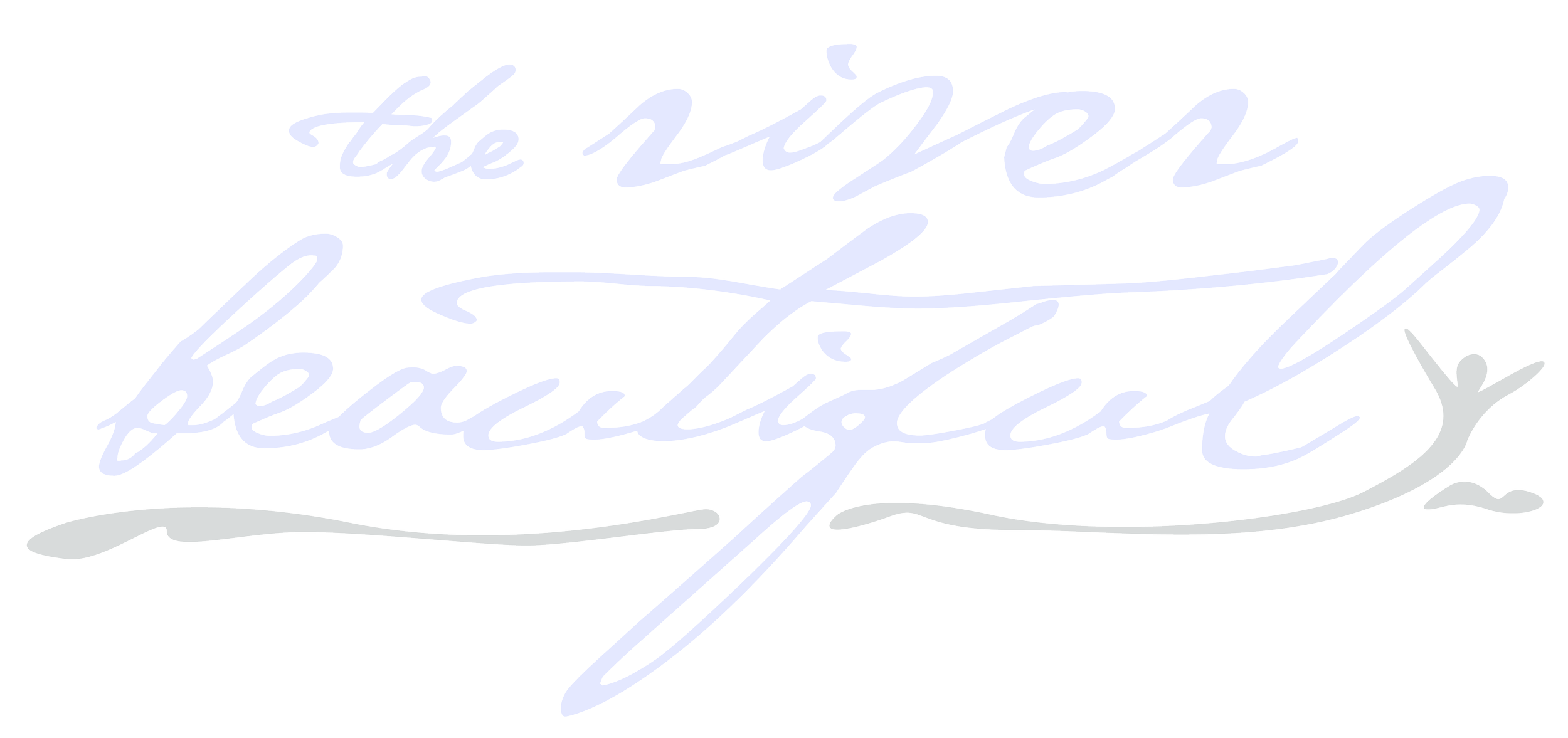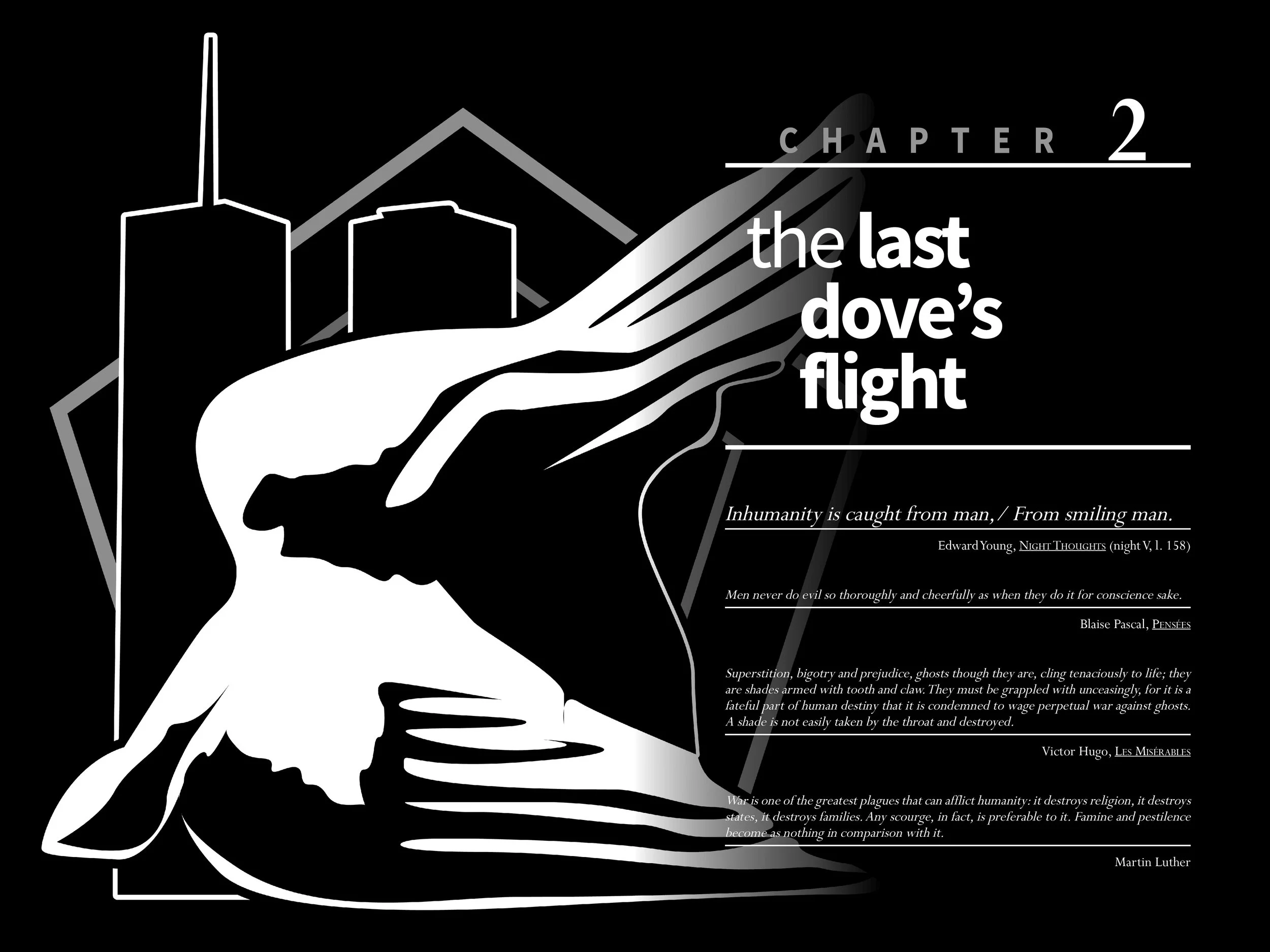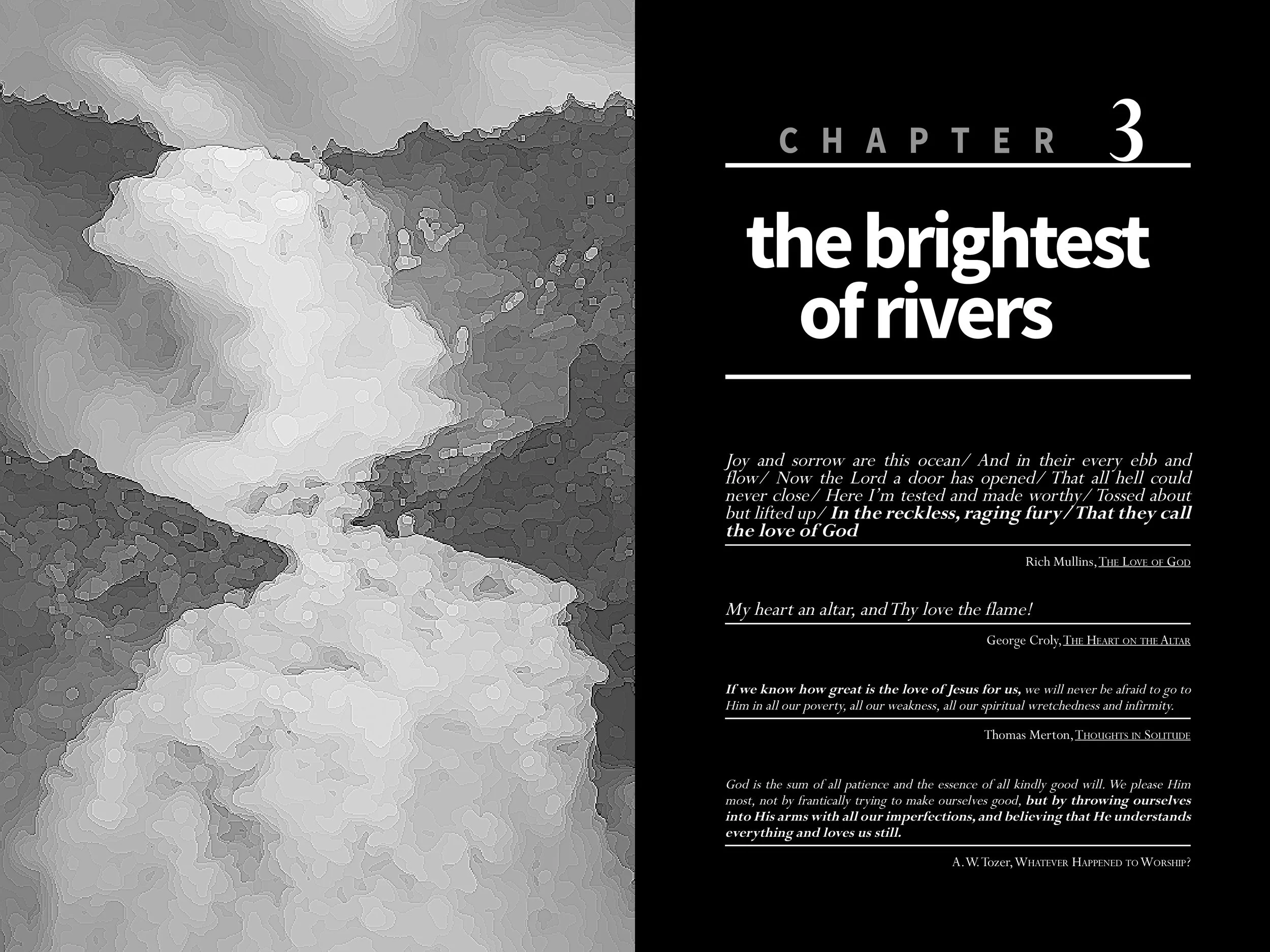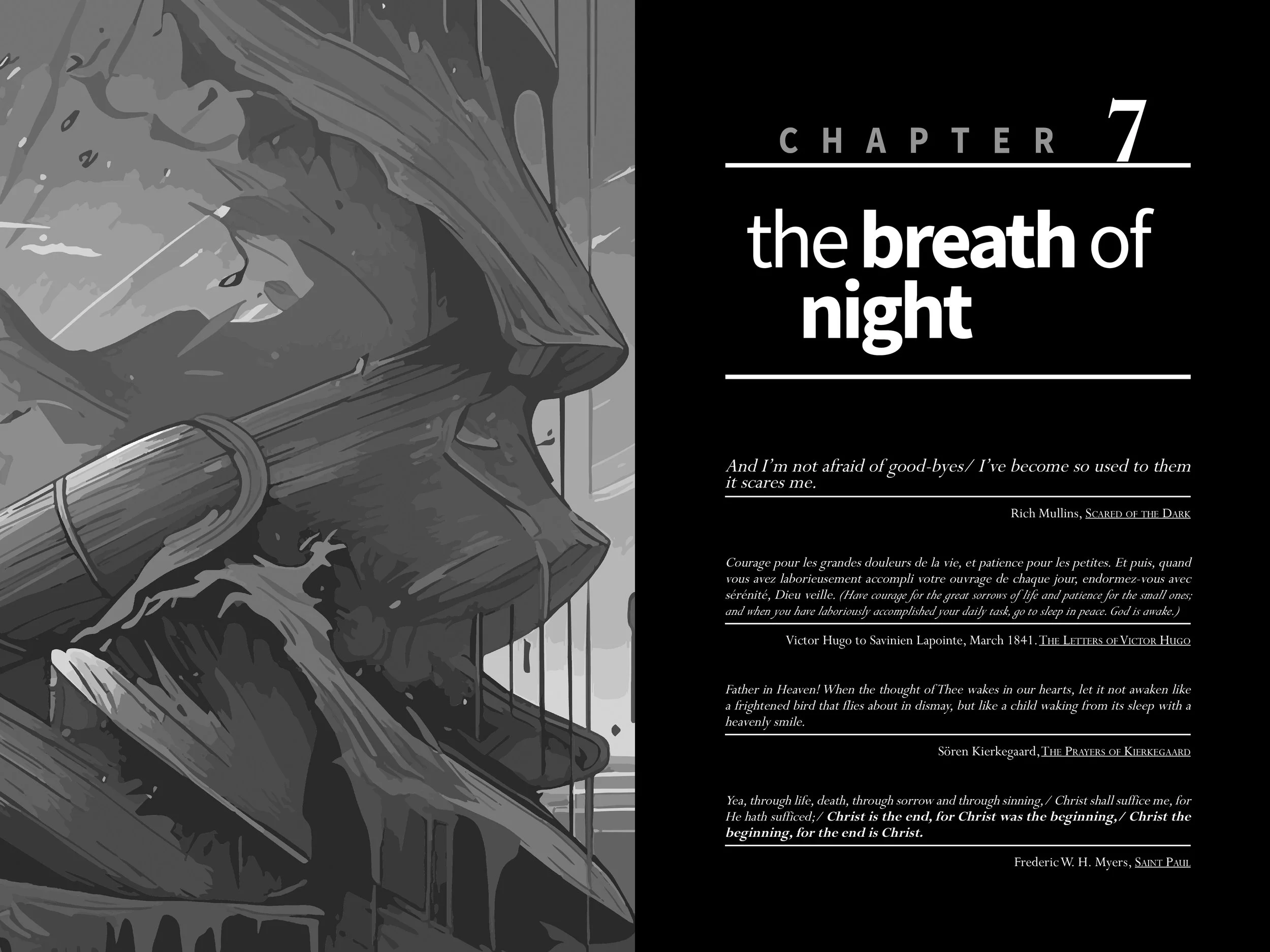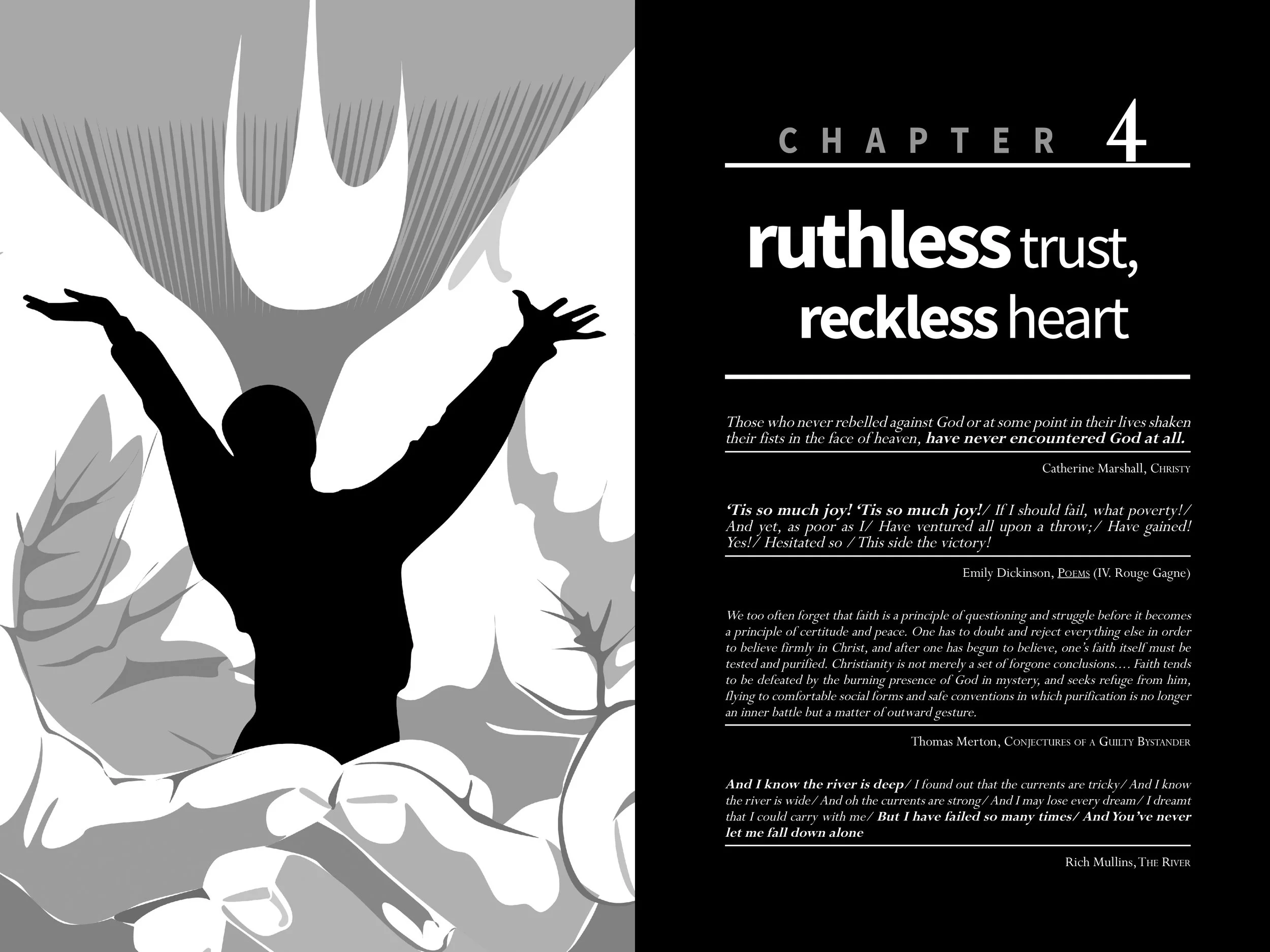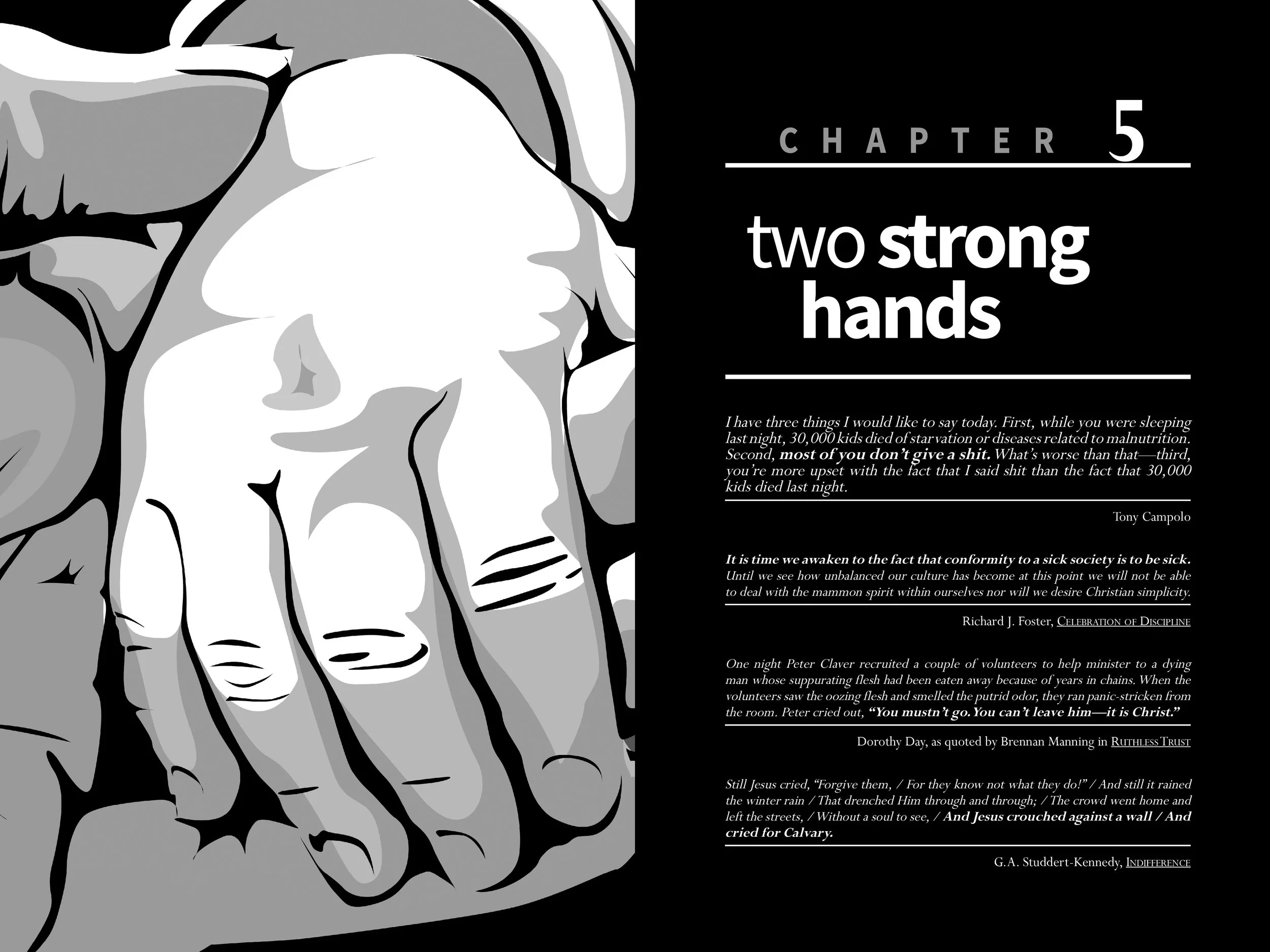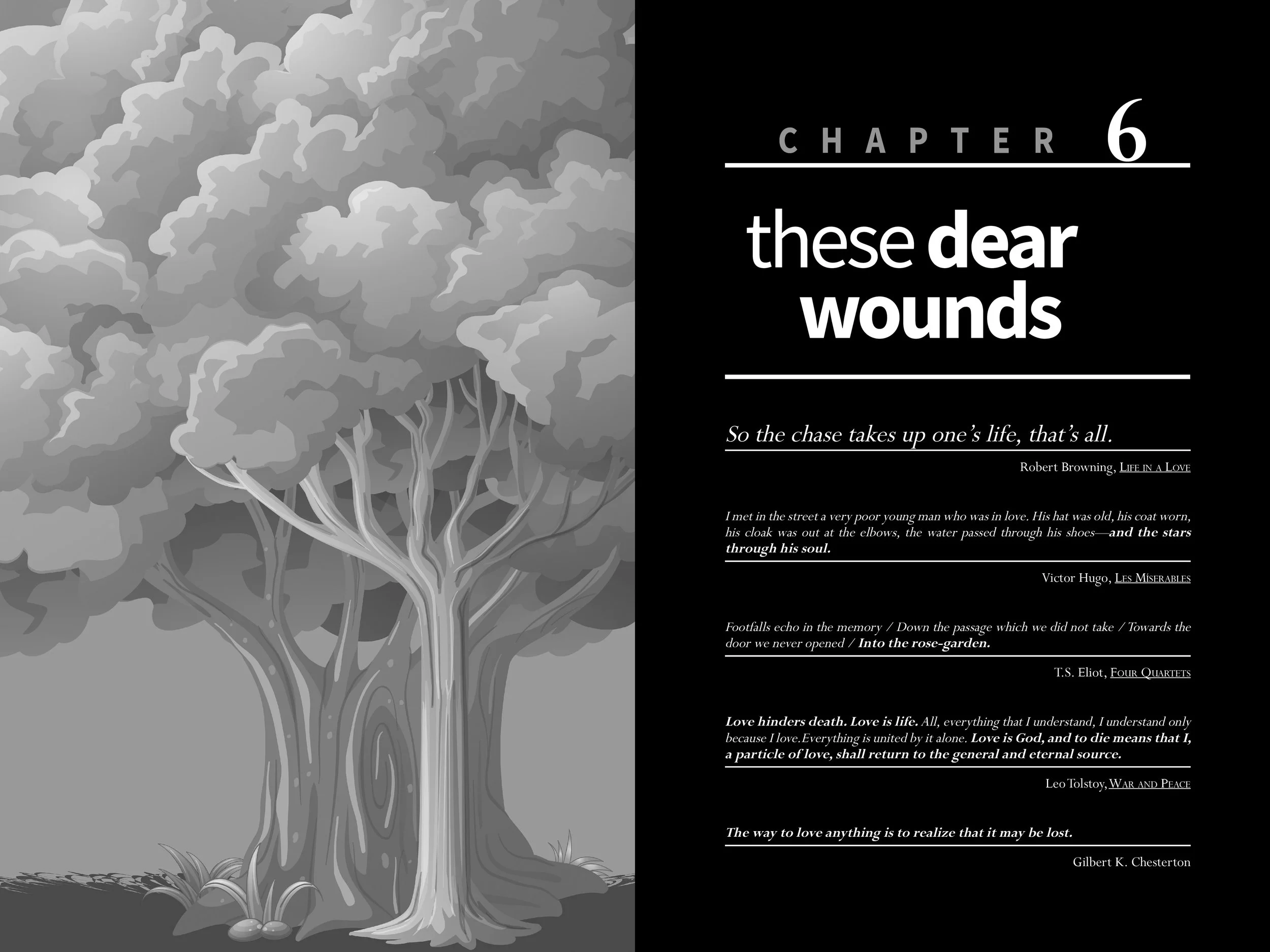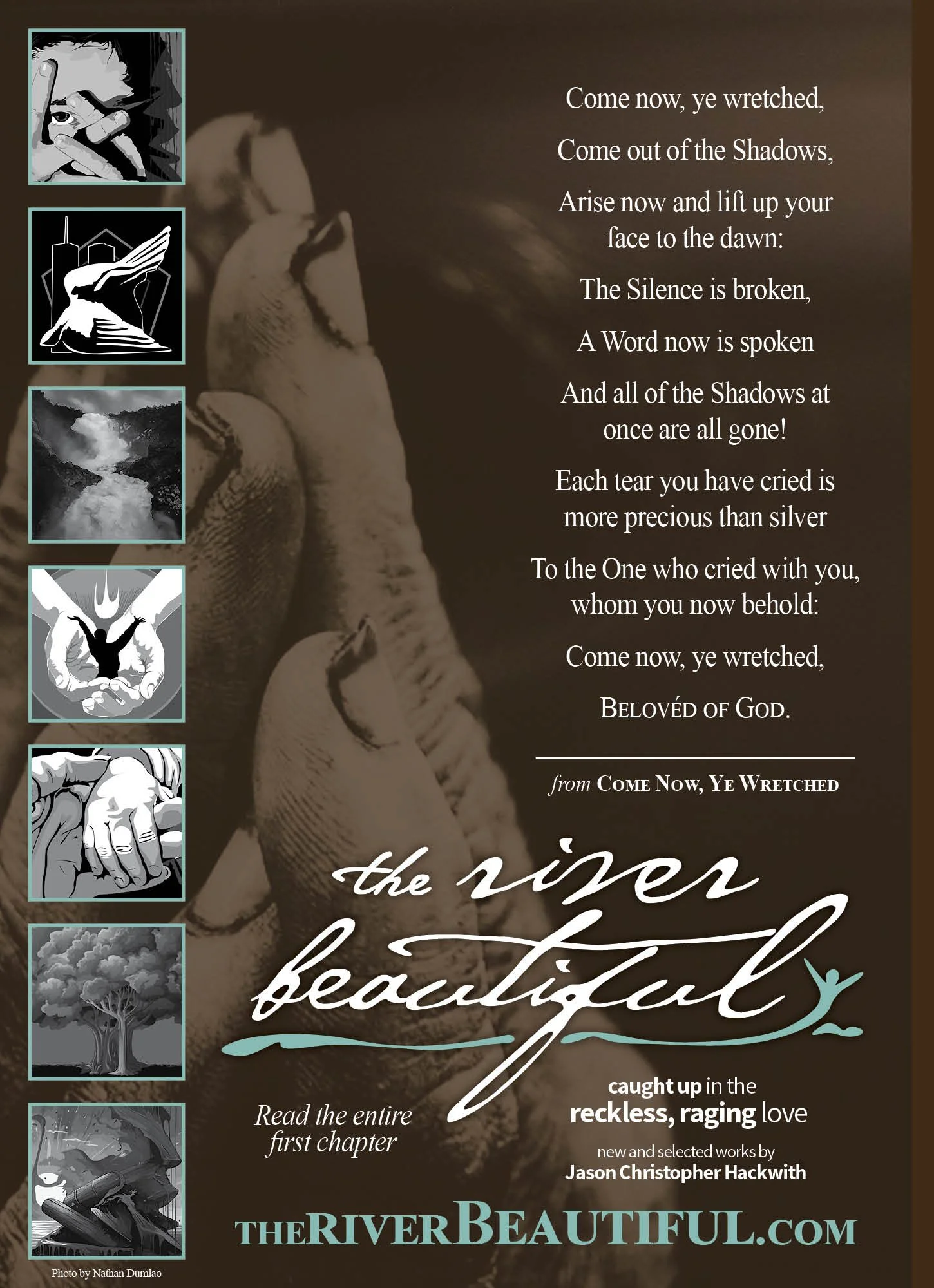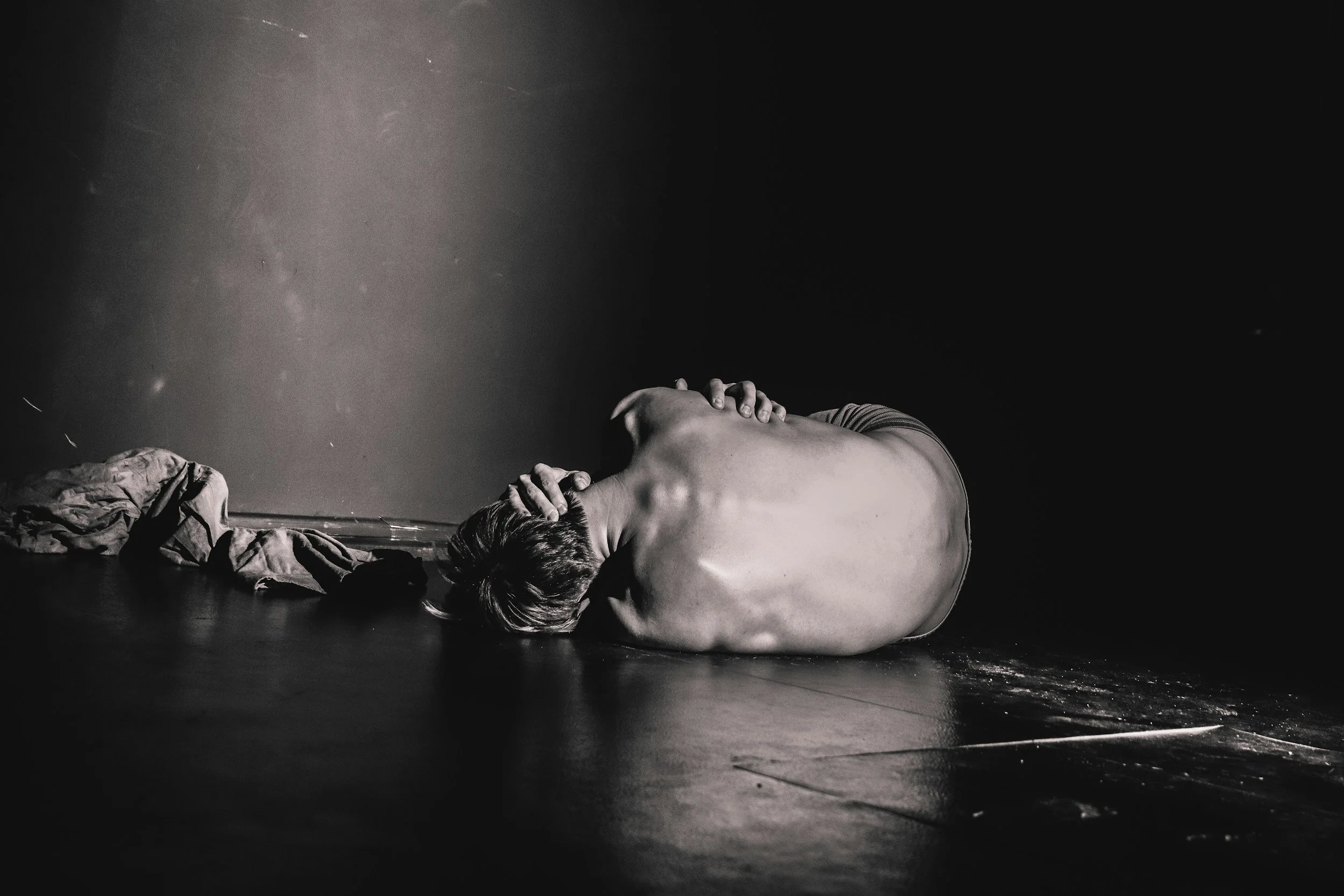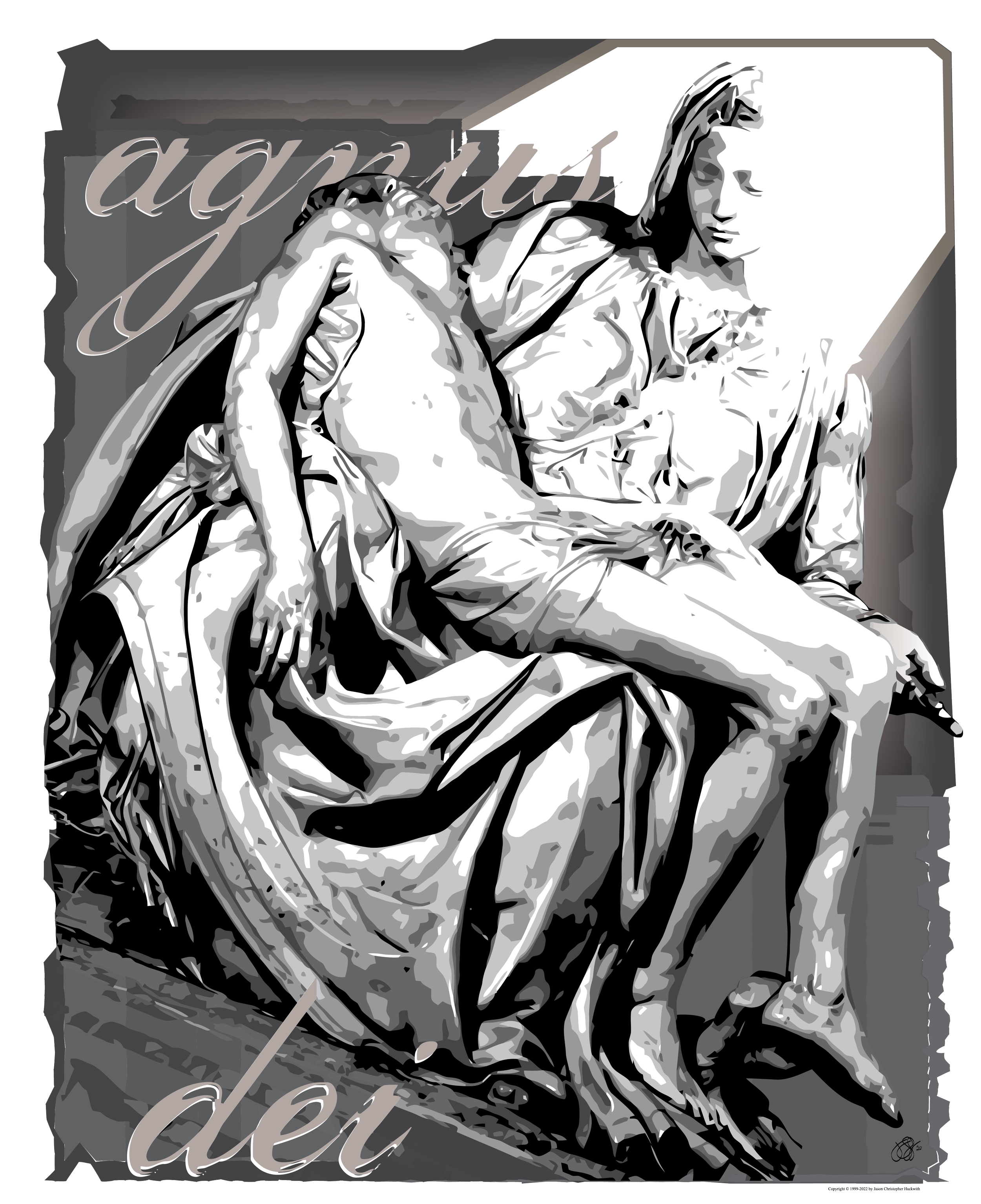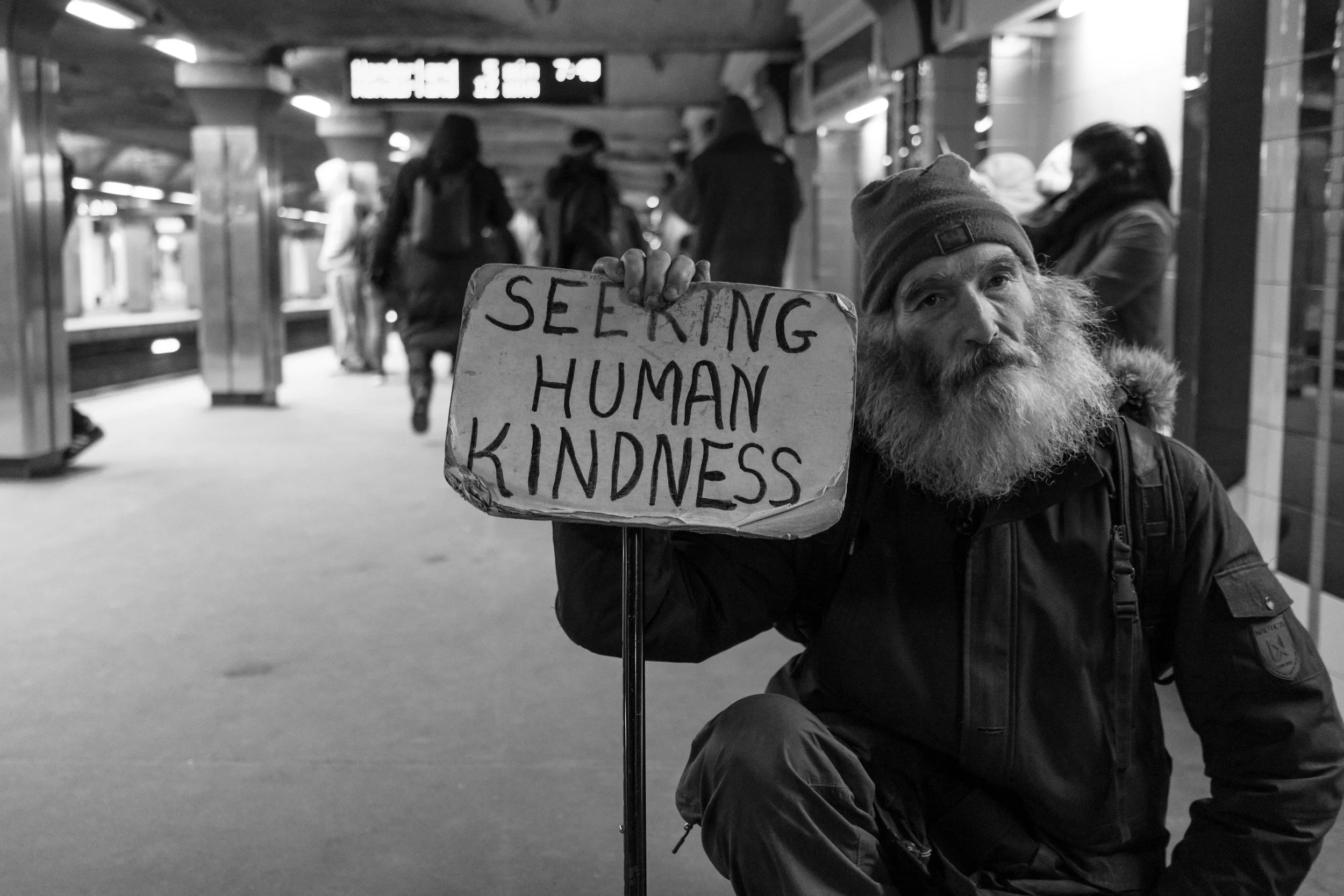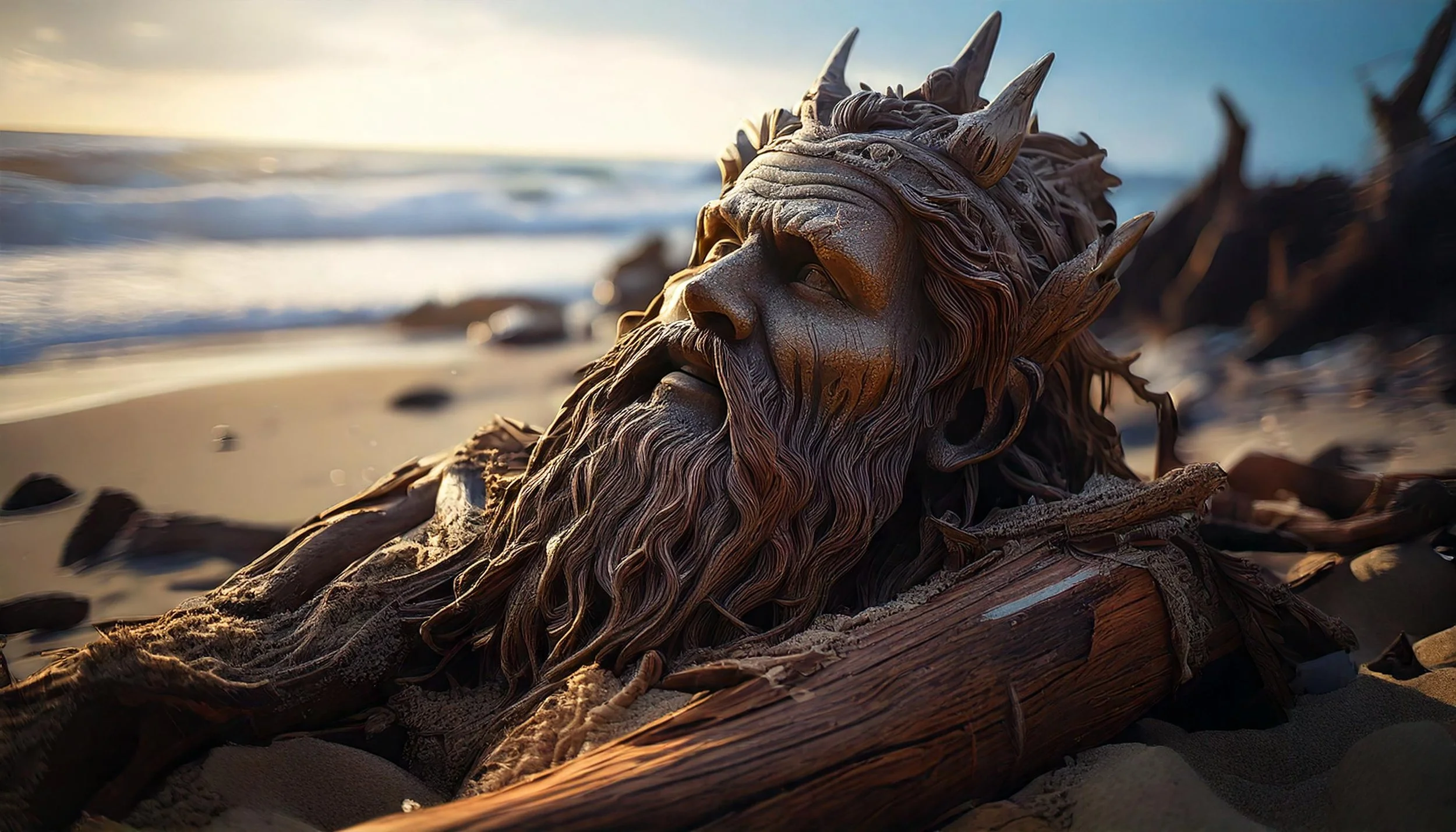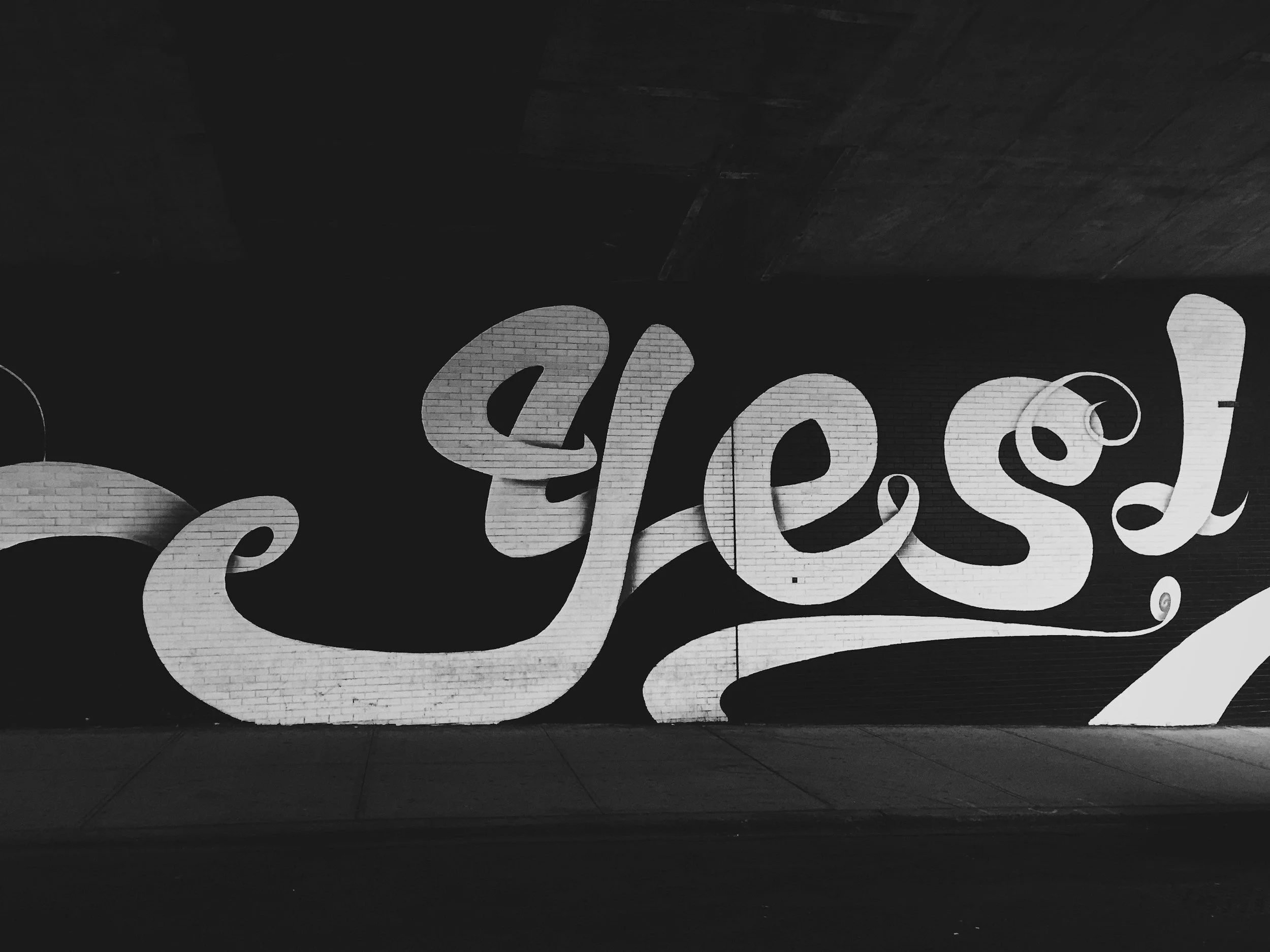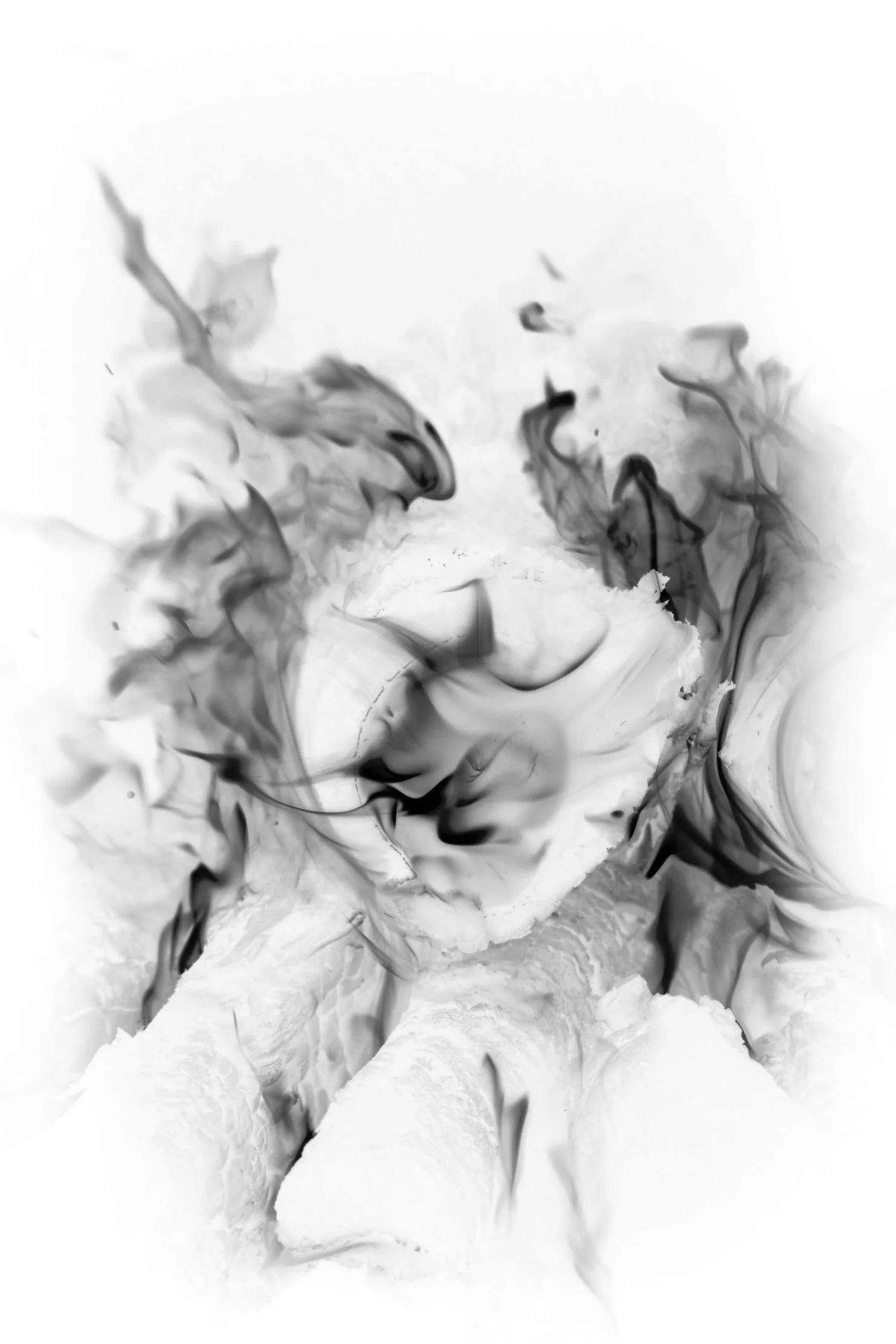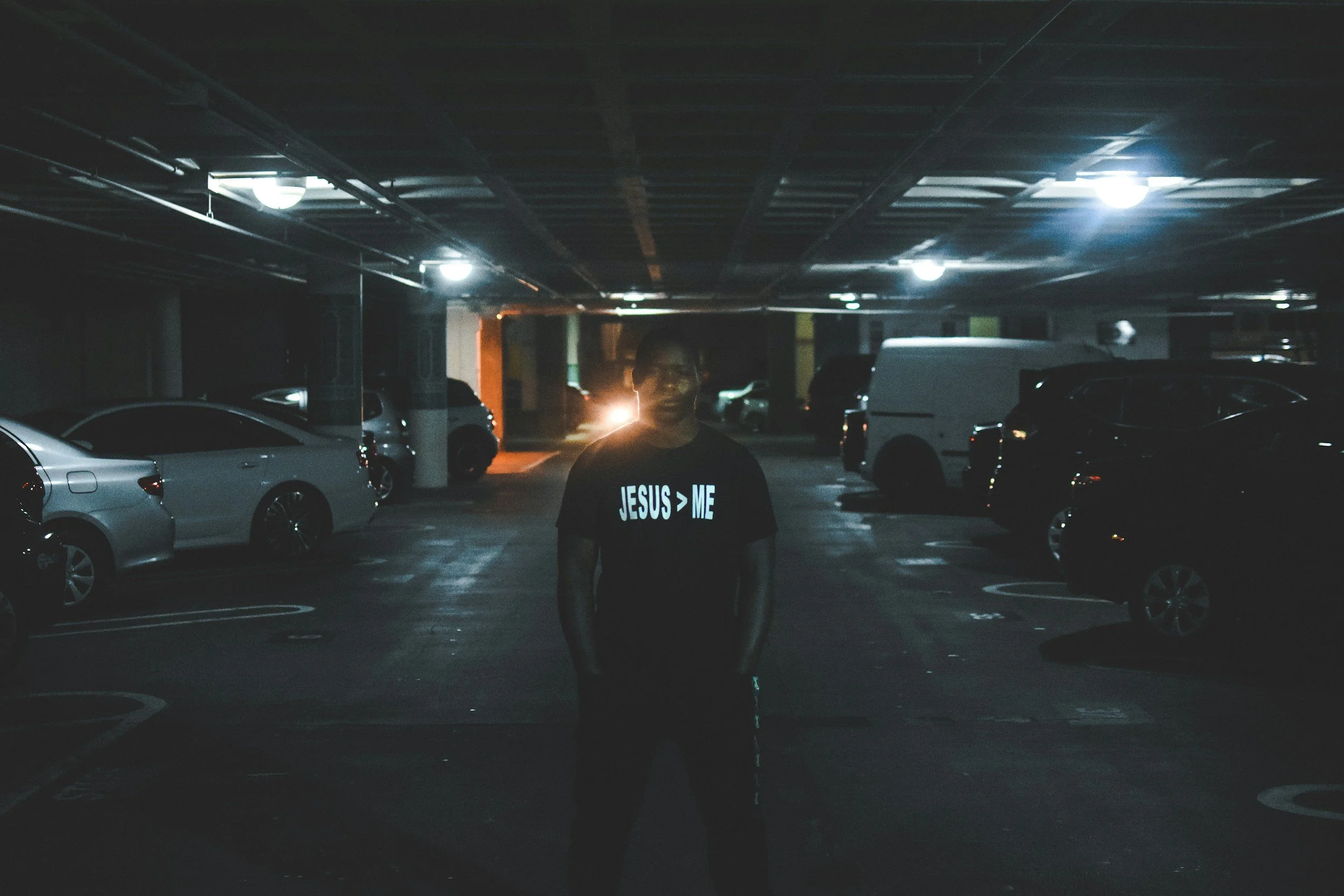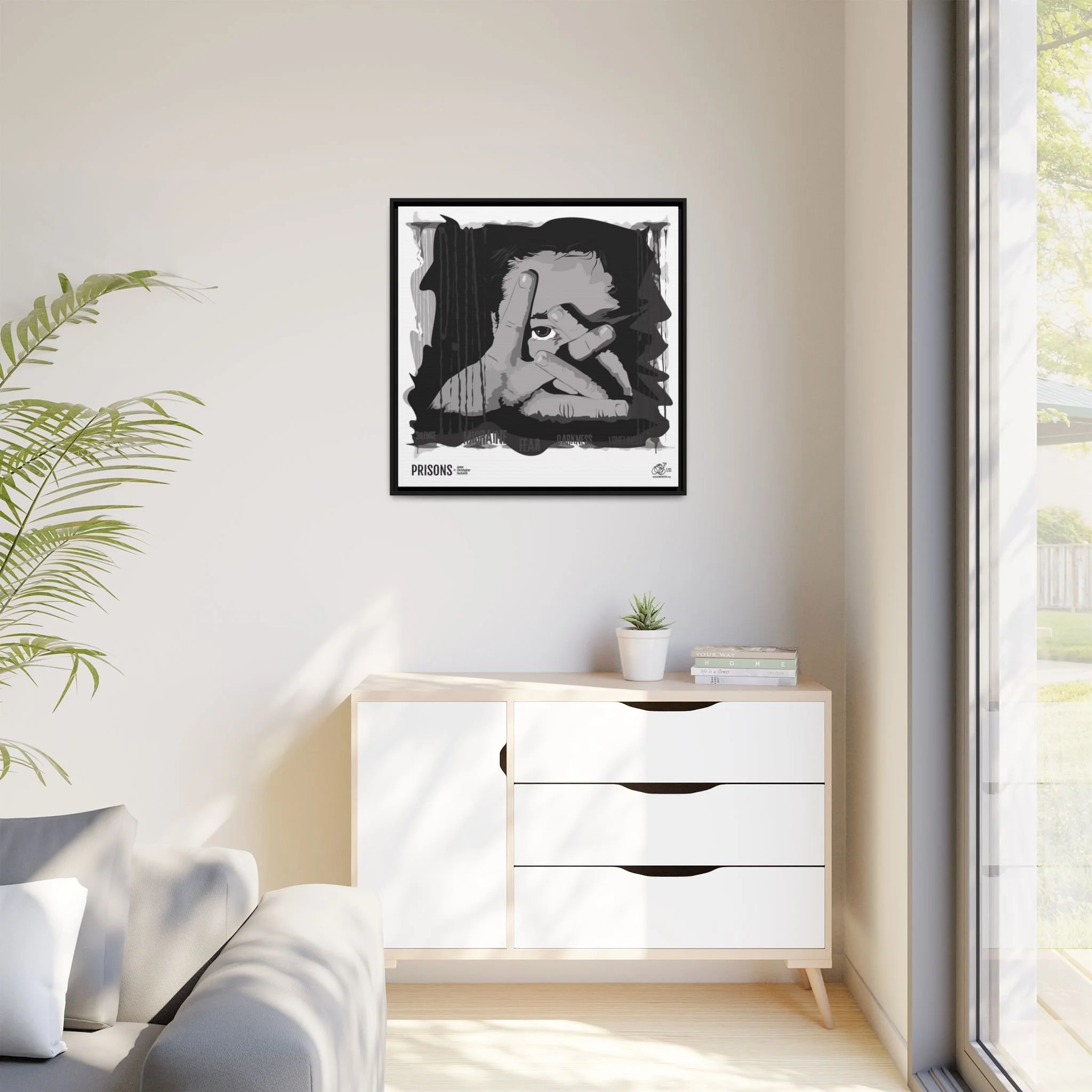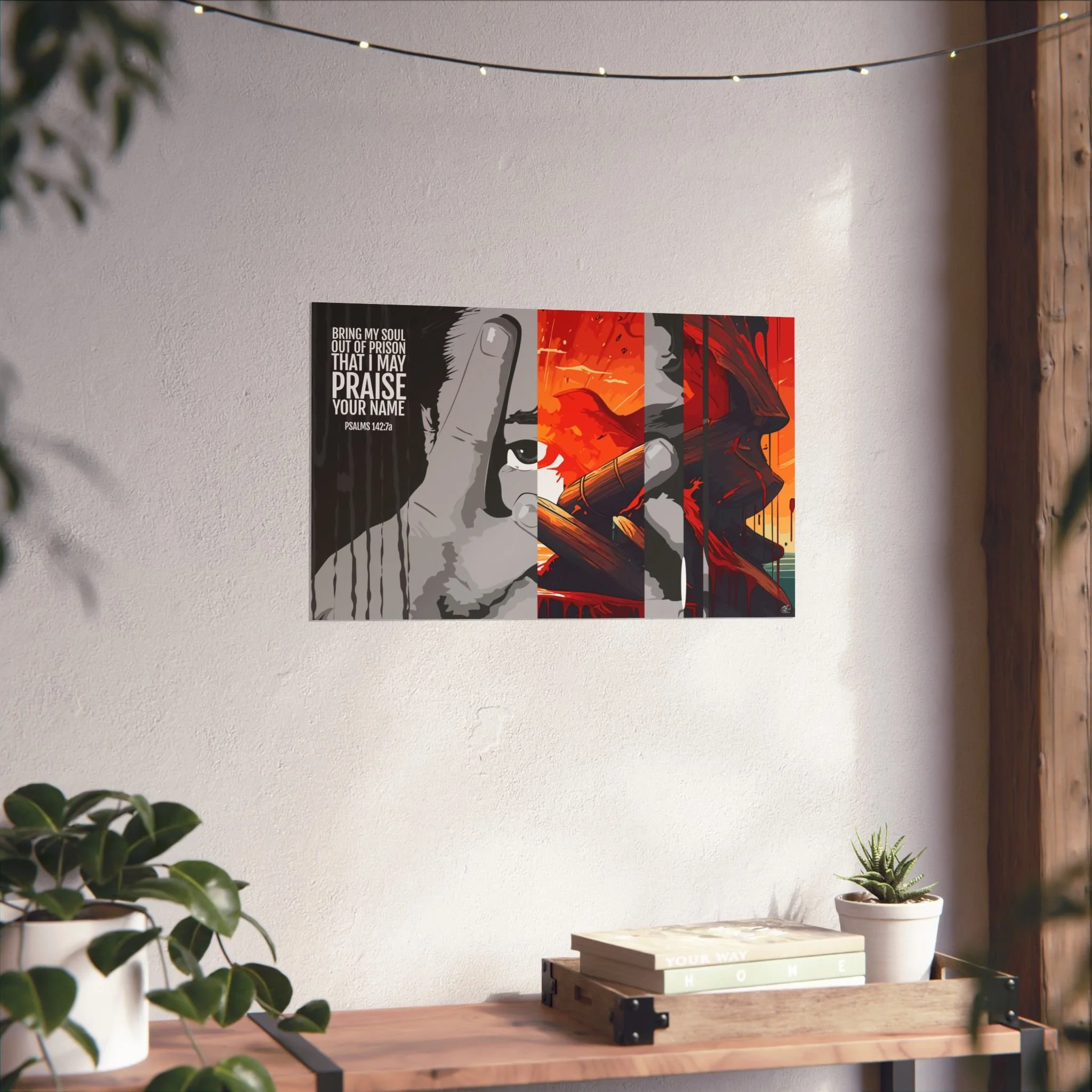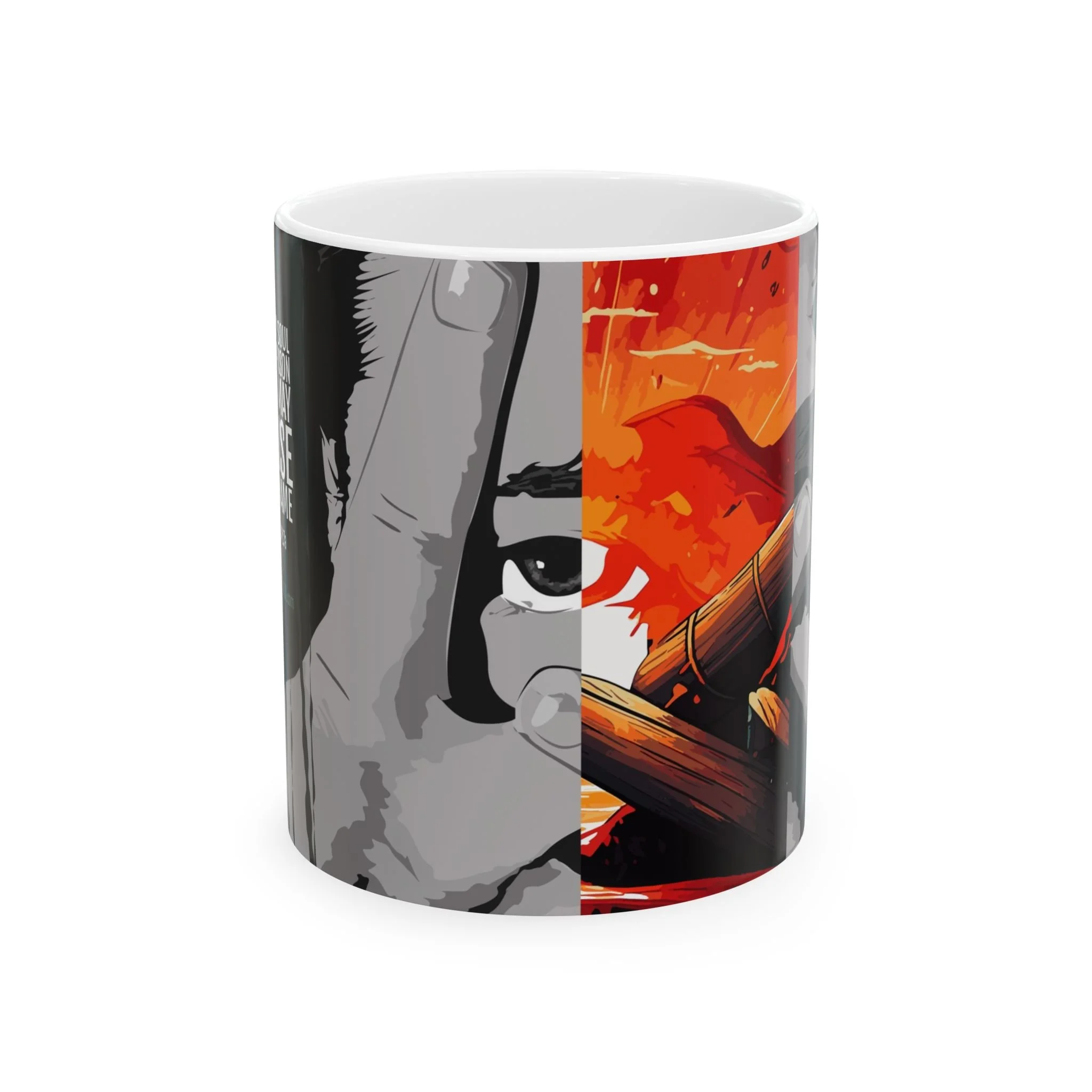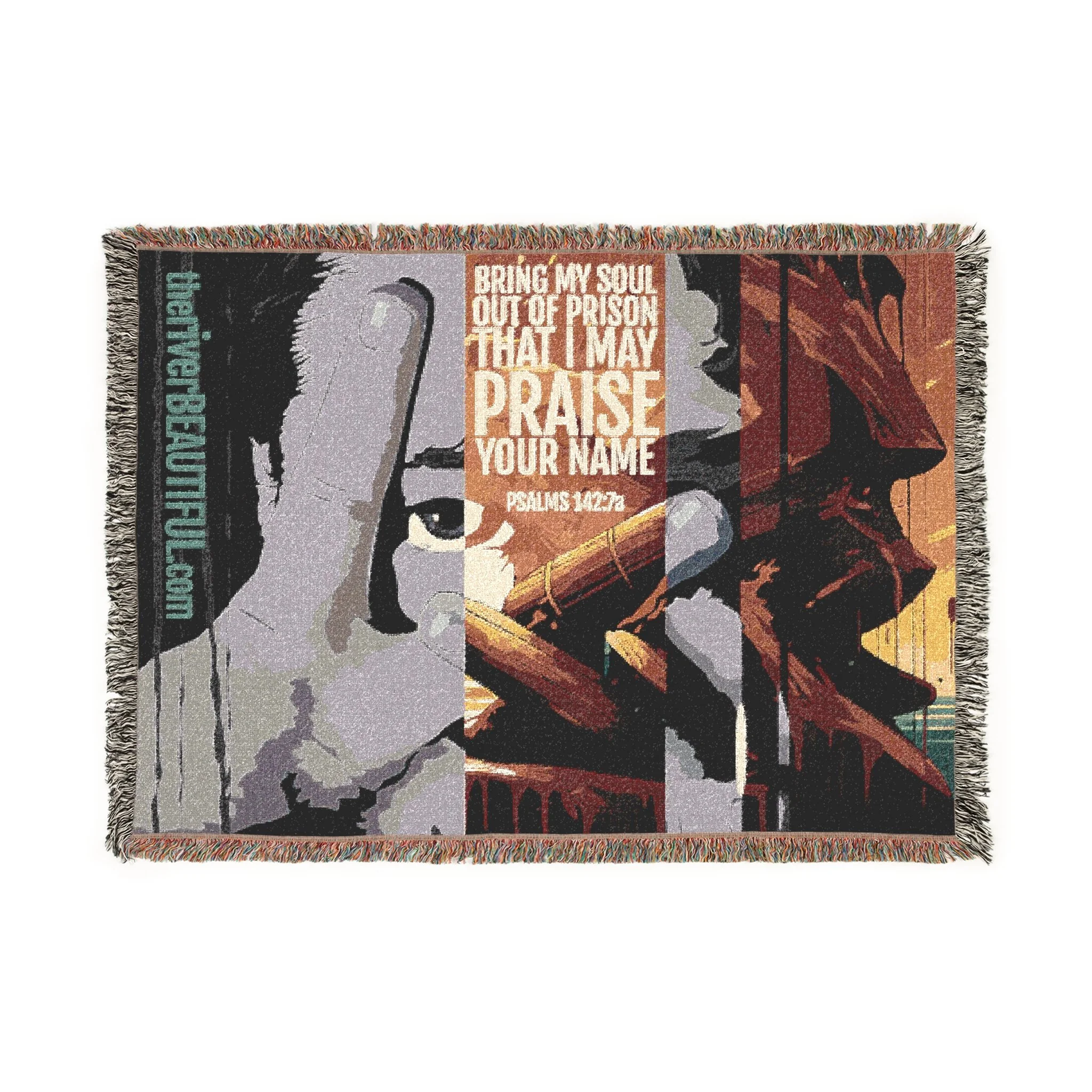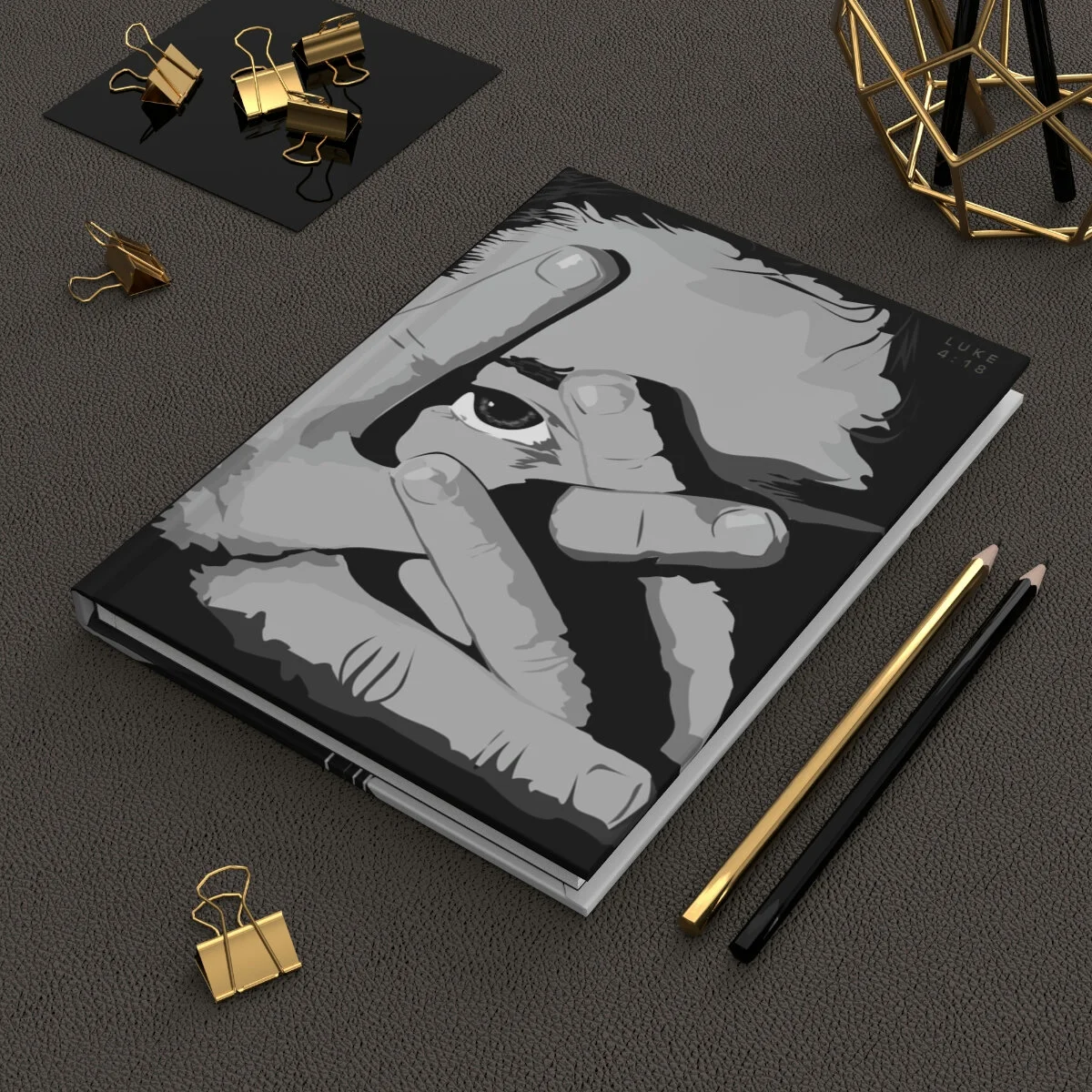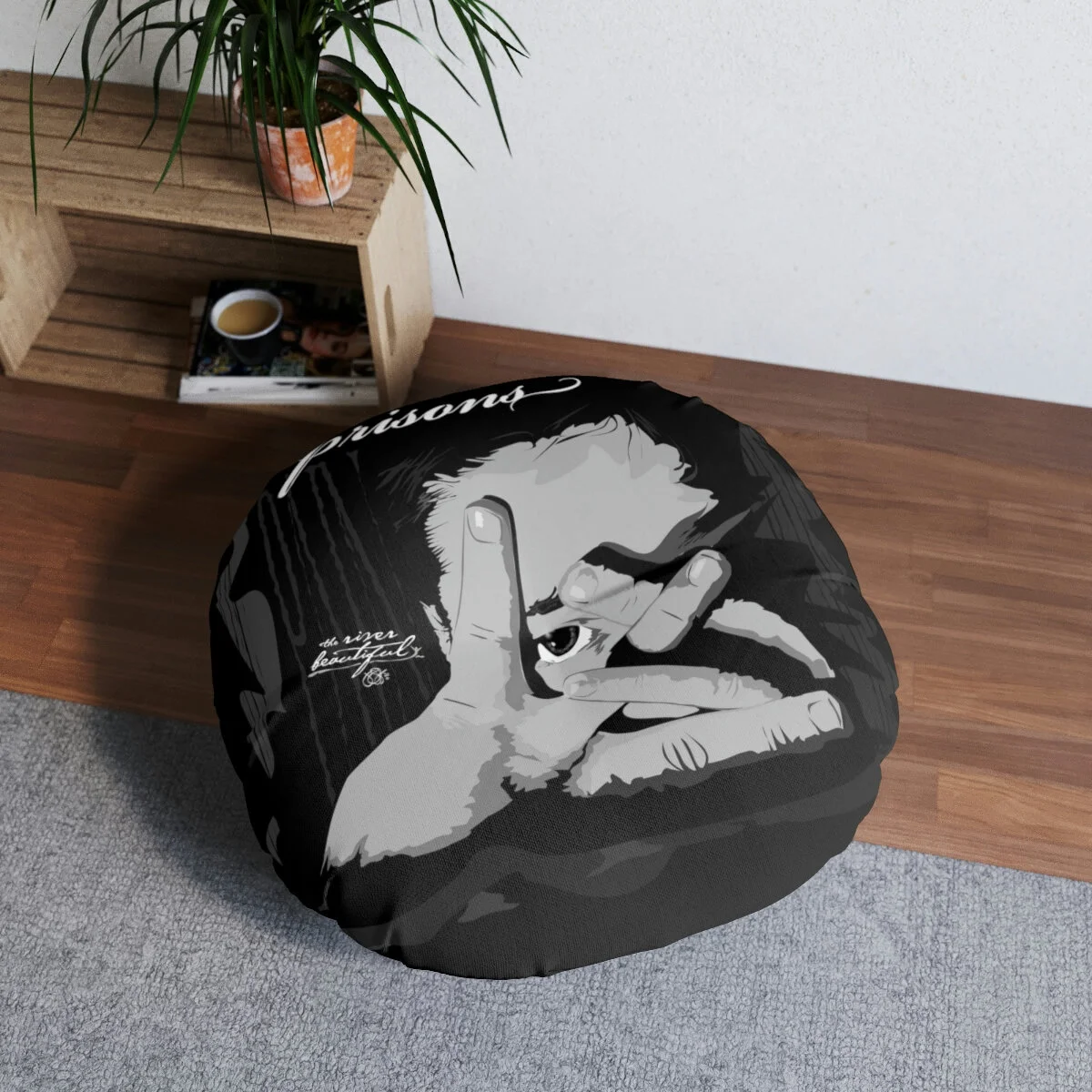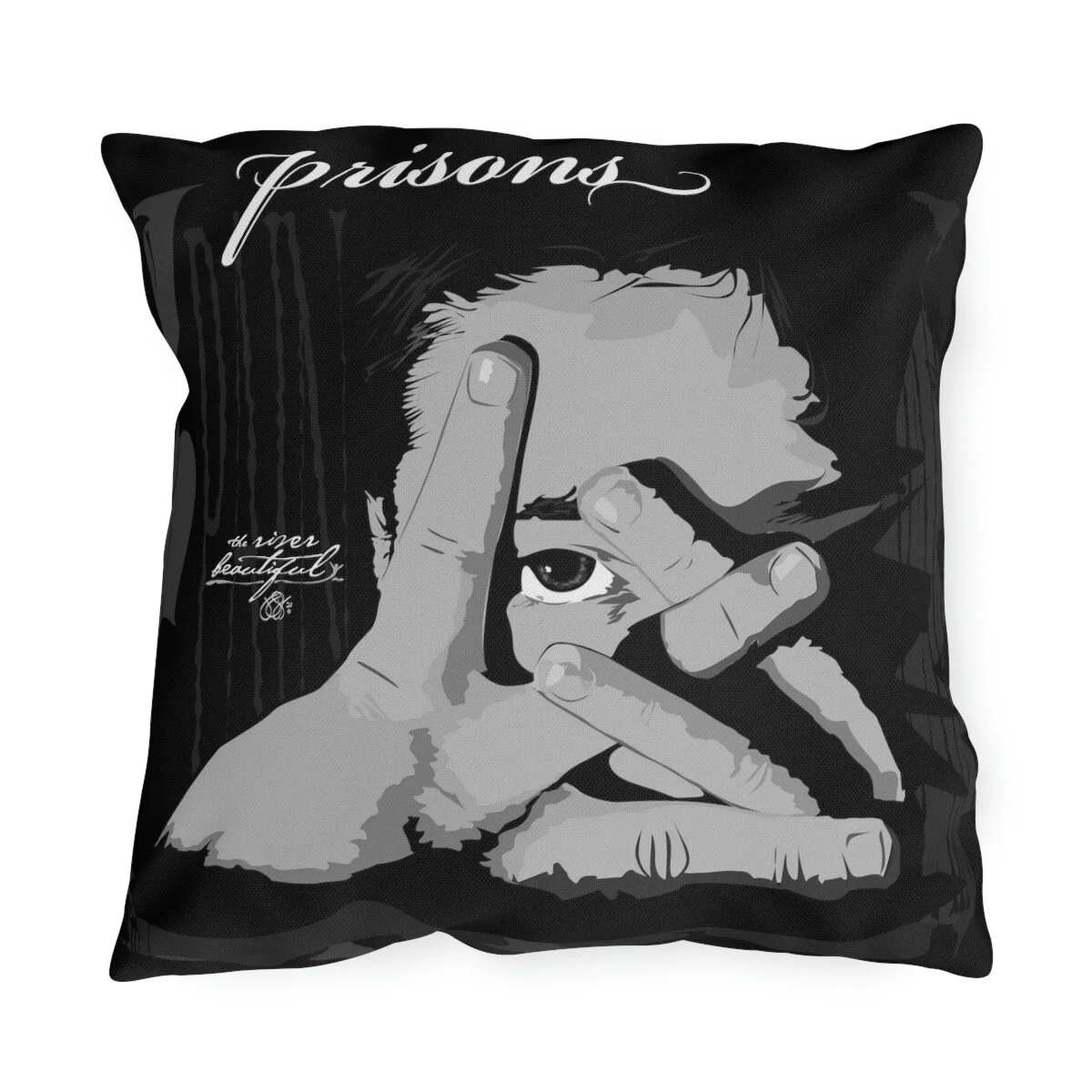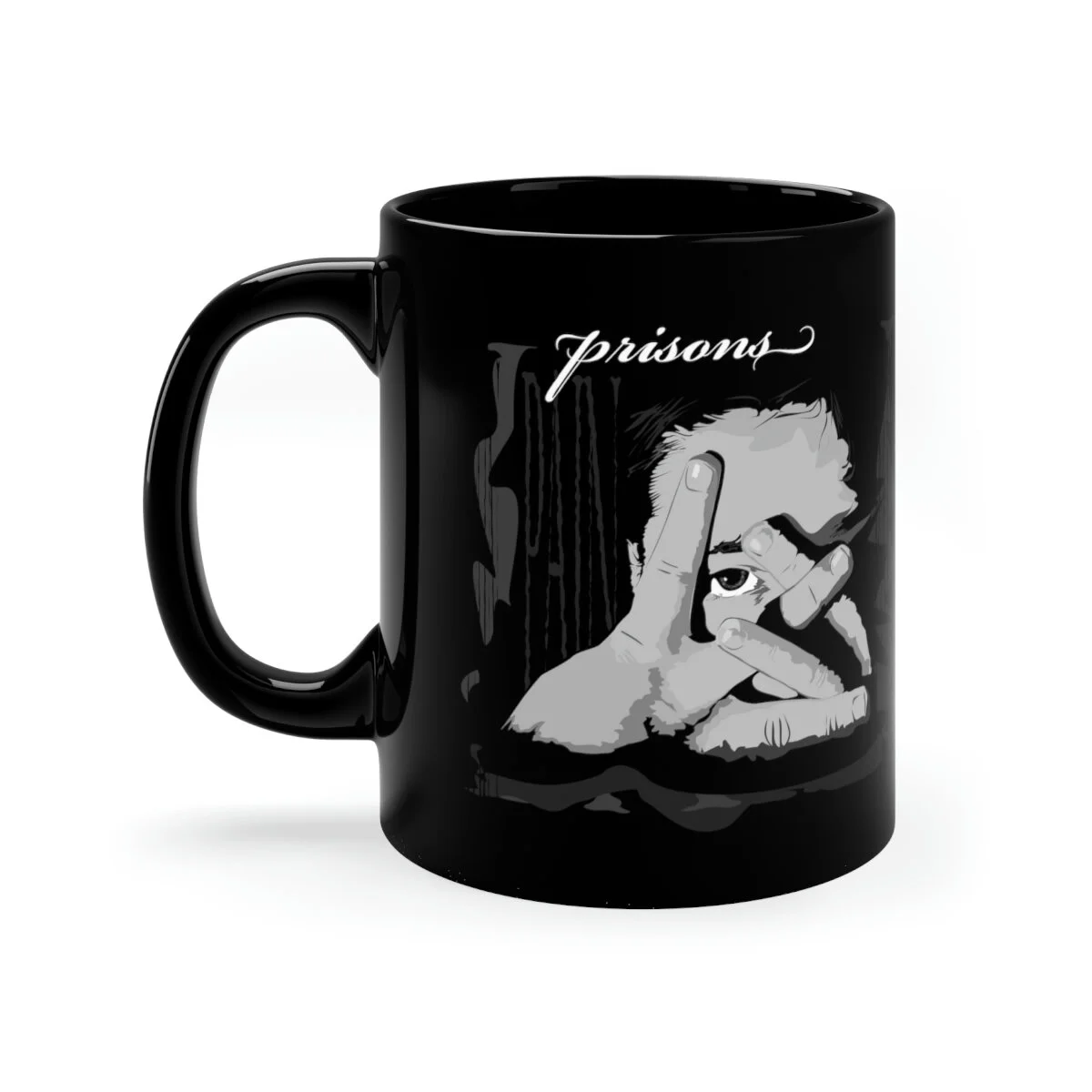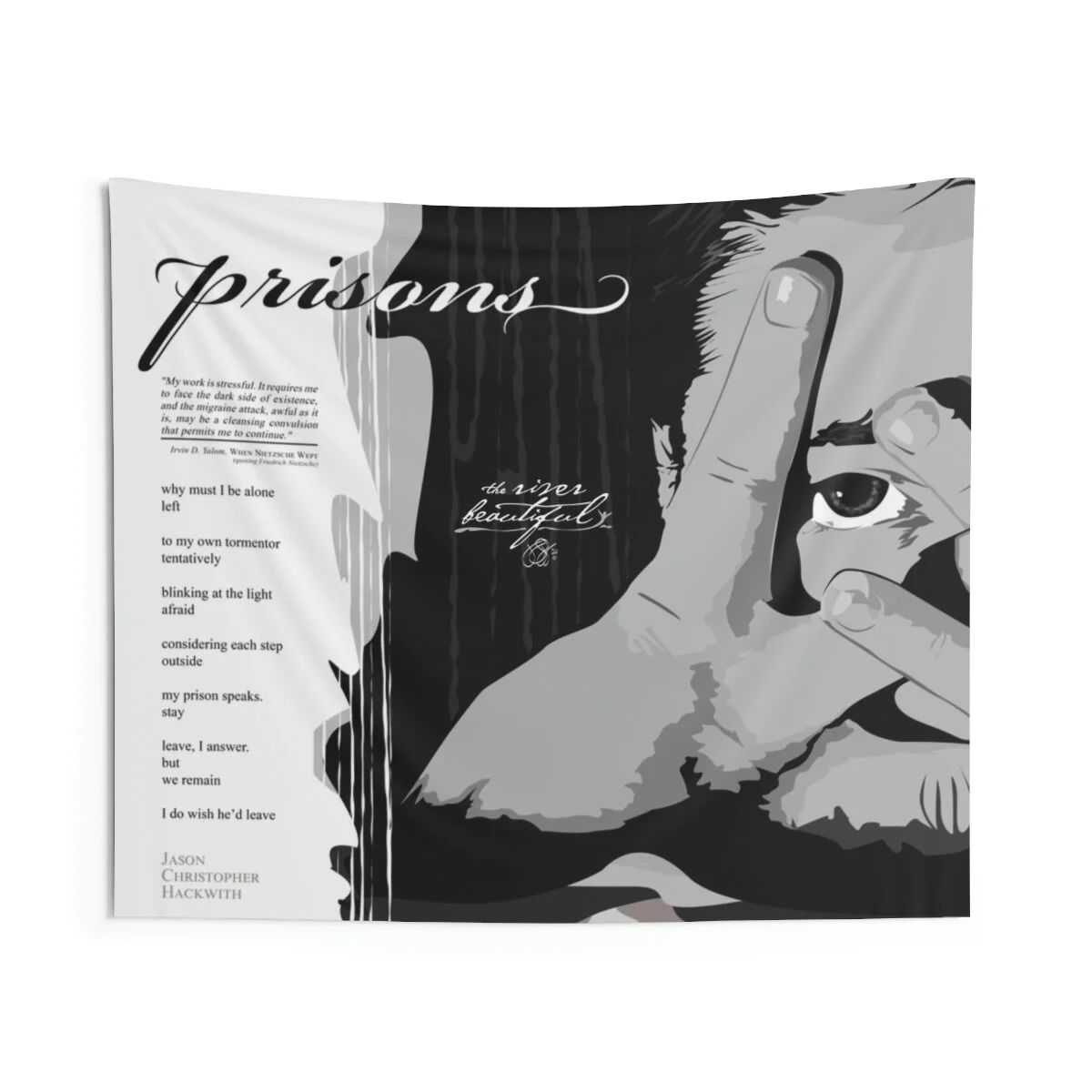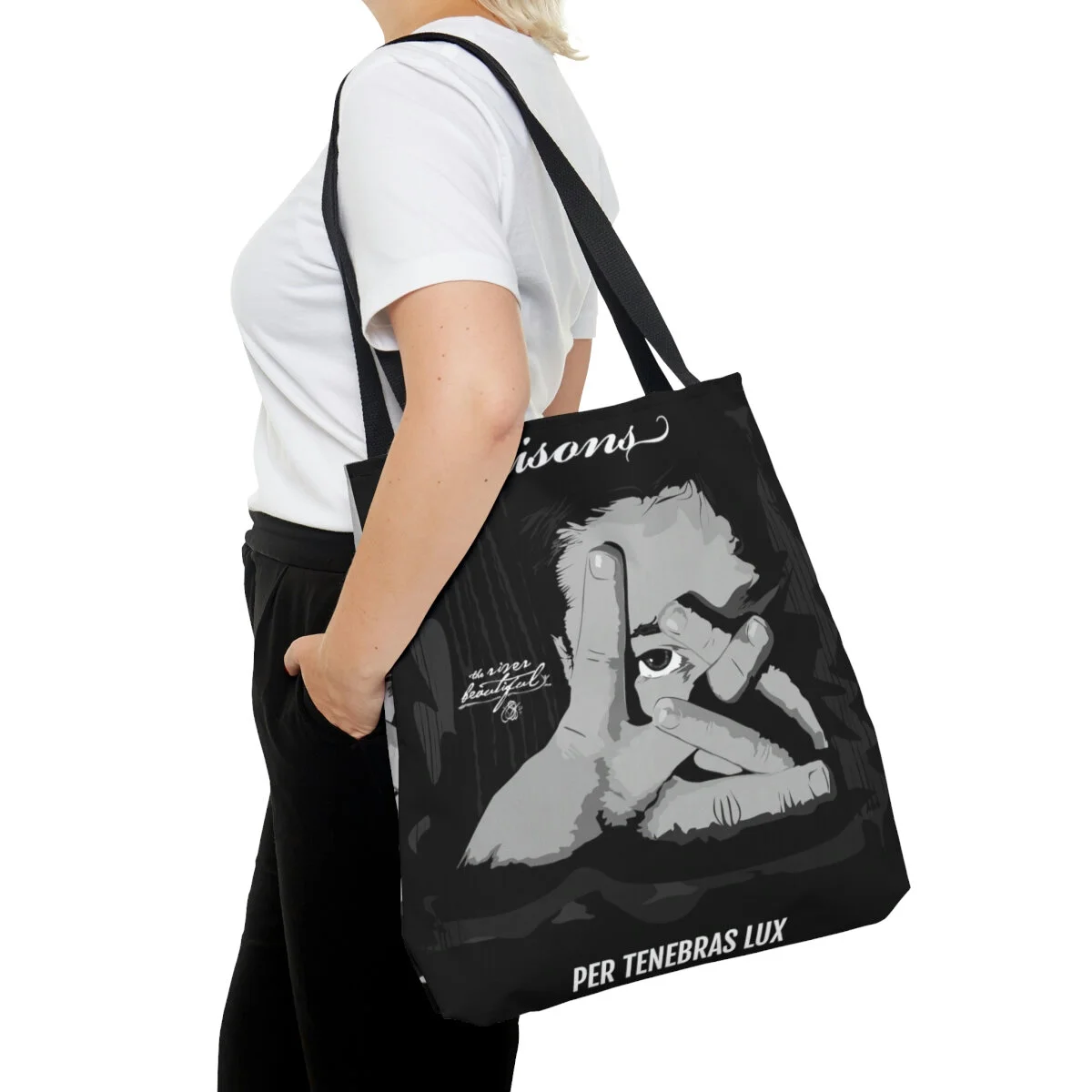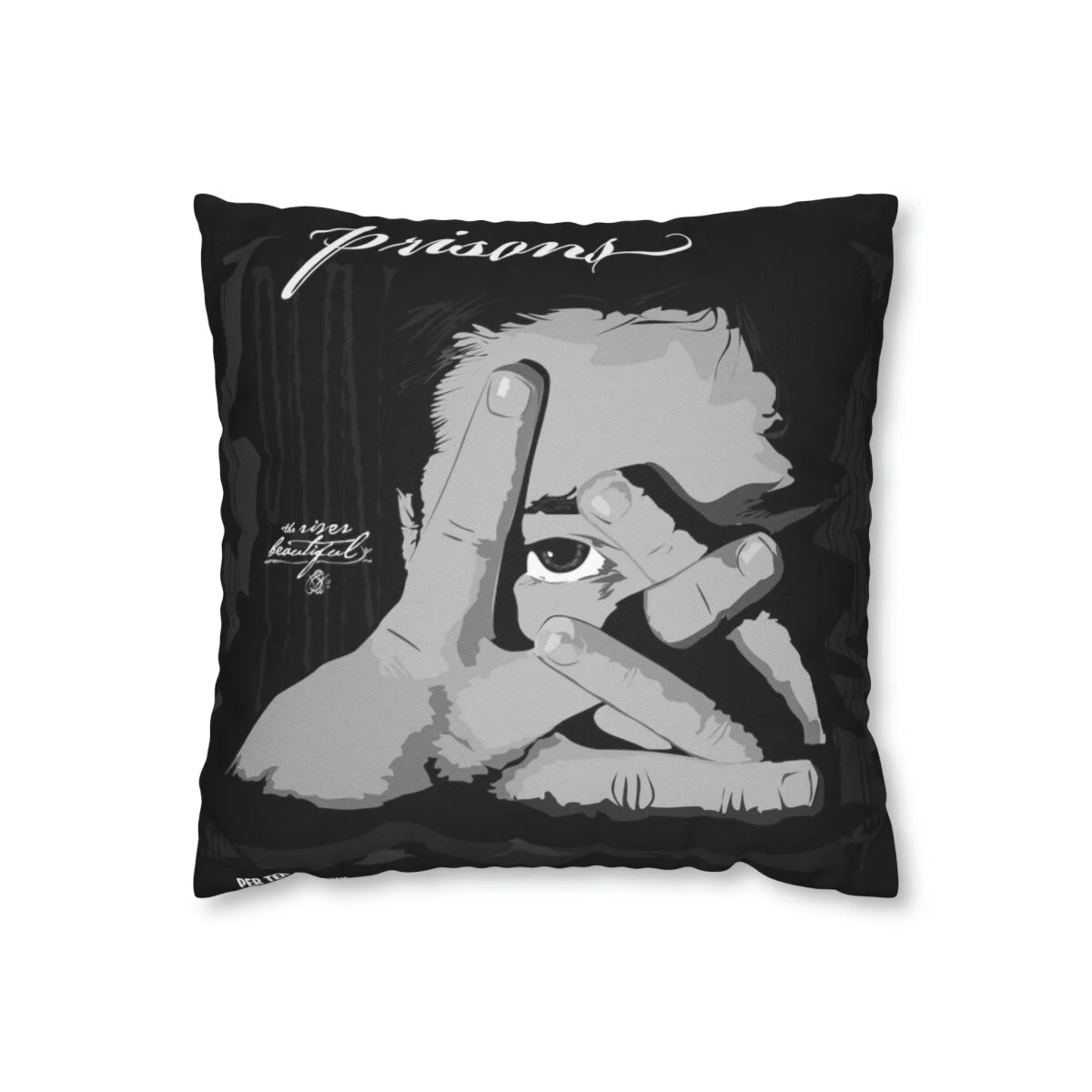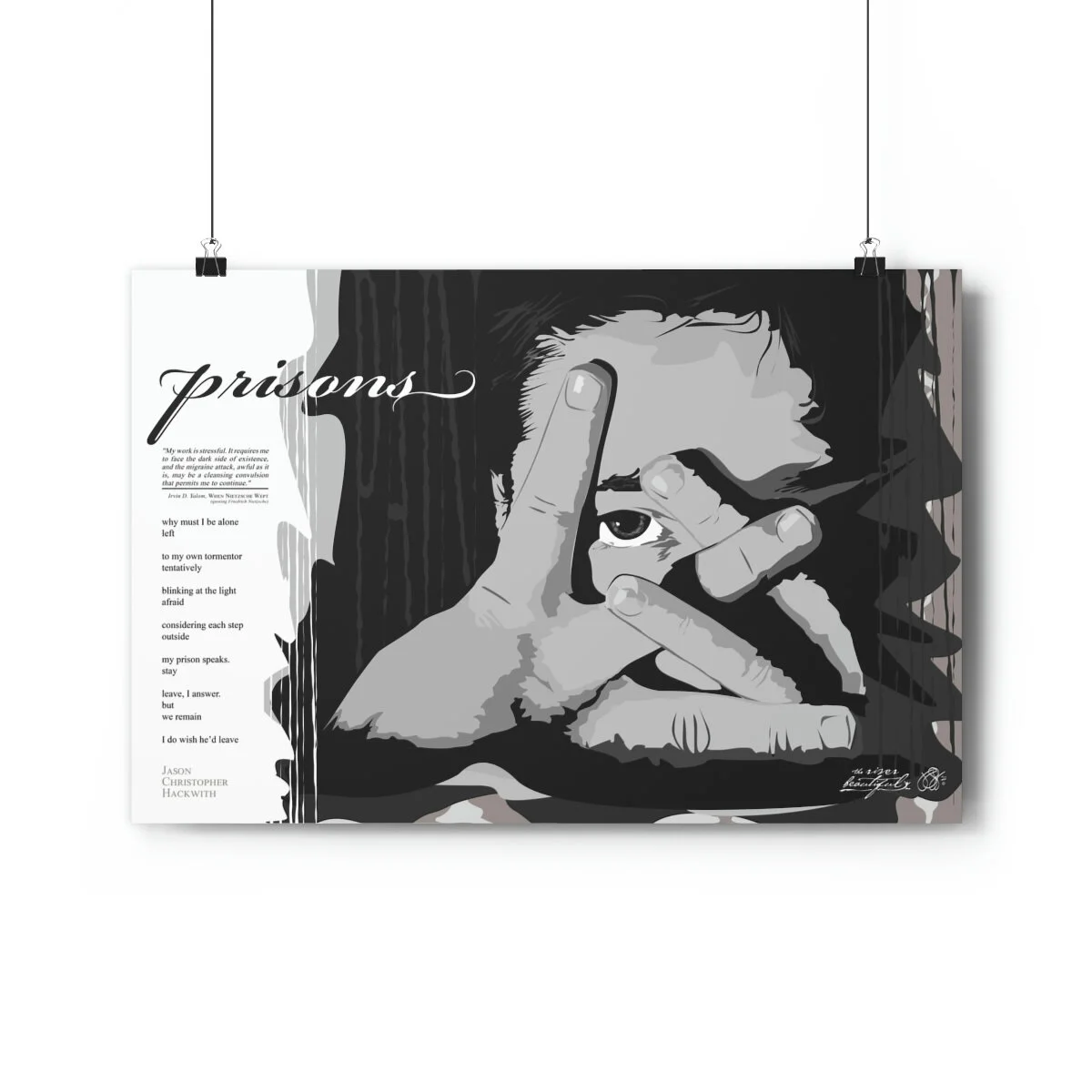
i. shadows and silences
“This sacred shade and solitude, what is it?/ ‘Tis the felt presence of the Deity, / Few are the faults we flatter when alone.”
“¡Oh noche que me guiaste!/ ¡Oh noche amable mas que el alborada! (Oh night that guided me!/ O night more lovely than the dawn!)”
“I am truly no zaddik, no one assured in God; rather a man endangered before God, a man wrestling ever anew for God’s light, ever anew engulfed in God’s abysses.”
“Do you not know that there comes a midnight hour when every one has to throw off his mask? Do you believe that life will always let itself be mocked? Do you think you can slip away a little before midnight in order to avoid this? Or are you not terrified by it? I have seen men in real life who so long deceived others that at last their true nature could not reveal itself... In every man there is something which to a certain degree prevents him from becoming perfectly transparent to himself; and this may be the case in so high a degree, he may be so inexplicably woven into relationships of life which extend far beyond himself that he almost cannot reveal himself. But he who cannot reveal himself cannot love, and he who cannot love is the most unhappy man of all.”
PROSE
POETRY
ART
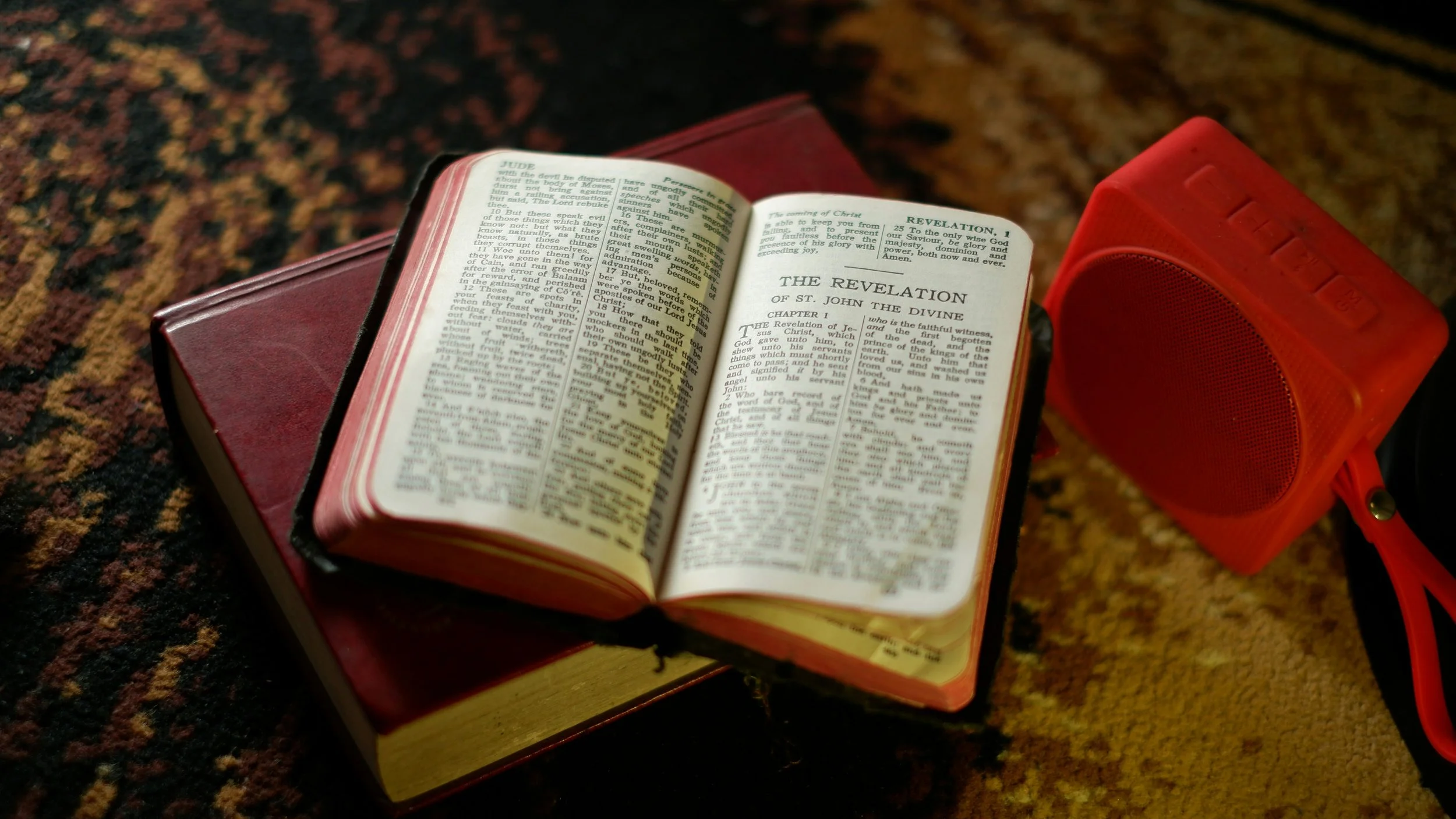
the prayer of
UNVEILING
Lord Jesus, I want to know You, but I confess that I don’t even know my own heart. Father God, I ask for your glory to illuminate the darkest parts of my heart and mind. Spirit of Truth, show me who I really am. Let me draw near to You with a true heart. Search me and know me completely, see if there is any wicked way in me, and reveal anything and everything in my life that is not of You.
I ask for You to tear away the veils that hide my heart so that my sin can be exposed to me, and that Your glory may be revealed—first within my relationship with You, then in my relationships with everyone else that you have placed into my life.
Help me to forgive those who have sinned against me. Heal me of the wounds my sins have caused, and heal the wounds my sins have caused others. Forgive me for the wounds I have caused you.
Lord, as you reveal to me who I really am, reveal Yourself to me. Lover of my soul: let me know You, even as I am known. I want to know your heart. I give you mine. Thank you for loving me.
In the name of Jesus Christ, I pray with Your heart, and I ask for Your unveiling.
read:
Psalm 139, Hebrews 10:19–22
dive:
גָּלָה (gālâ) | חָקַר (ḥāqar) | עָרָה (ʿārâ) | יְרִיעָה (yᵊrîʿâ) | ἀποκαλύπτω (apokalyptō) | ἀληθινός (alēthinos) | καταπέτασμα (katapetasma)
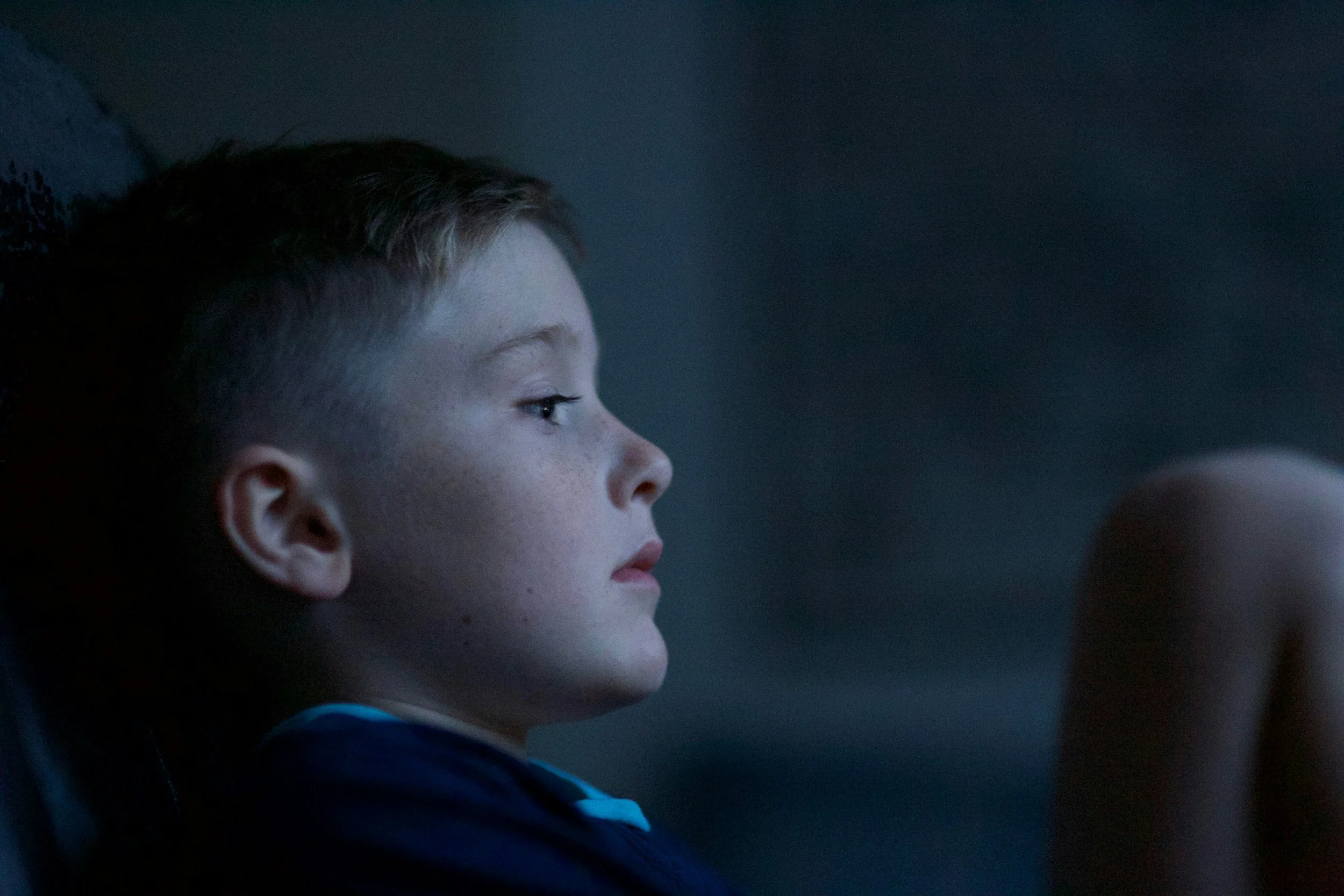
the CRYING boy
“Hey, F@&%*T! You gonna cry today, fatso? You gonna cry? Crybaby!”
The awful words echoed in my ears and crushed my heart in a vice, even as I pretended to ignore them. Don’t look at them, I told myself. Just look straight ahead. Don’t engage.
The group of bullies clustered around me, forcing me to stop as I glanced around, looking for an escape. A friend from orchestra walked right past us on the other side of the path, seemingly unconcerned. Et tu, Bruté?
“Nice backpack,” one of the bullies said, smirking inanely. “Mommy and Daddy get it for you?”
He reached over suddenly and unzipped it so that the contents fell out into a mud puddle. I grabbed frantically for the books and papers that now lay soaking up the puddle, and looked away.
Before I could react, I was shoved so that I fell hard, my violin case beneath me. The fiberglass cover of the case cracked, and my face paled. Like a turtle on its back, I struggled clumsily to get up, examining my cracked violin case with chagrin.
The rest of his sycophants laughed as their leader guffawed, then stomped off to find another victim. Humiliated, I clenched my jaw in determination. I will not... will not cry. I am stone.
I spent the rest of recess in the bathroom, trying to clean the water and mud from my homework and my clothes. As I emptied the paper towel dispenser, I swallowed my tears into a great lump, shoving them down, until a knot formed in my chest.
I will... not... cry. I am...
Suddenly, the bell rang. I grabbed the rest of my damp papers and rushed down the hall toward my classroom. Along the way, someone tripped me—and I fell, hard.
It is etched into my memory. I can still remember the burn of the carpet on my cheek, the dusty smell of it; the reek of my damp clothes as I lay there, hearing their inane laughter... and cried.
Next time, I told myself. Next time I won’t cry. I gathered myself and my things together and made it to my class just as the bell rang again.
The teacher, a motherly brunette with a kind heart, glanced up as I walked in. She frowned, concerned, as I handed my smeared homework to her.
“It got wet,” I said lamely. “Sorry.”
As I took my seat, the snickering and whispered comments of my classmates reached my heart one by one like a stream of little knives; each finding their terrible mark, each cutting something vital away within me.
Desperate to escape, I pulled out a damp book and began to read:
“It was a dull autumn day and Jill Pole was crying behind the gym. She was crying because they had been bullying her. This is not going to be a school story, so I shall say as little as possible about Jill’s school, which is not a pleasant subject. It was ‘Co-educational,’ a school for both boys and girls, what used to be called a ‘mixed’ school; some said it was not nearly so mixed as the minds of the people who ran it.”
The teacher’s words faded to a dull drone in the background, and the stabbing taunts and giggles of my peers lost their brutal sharpness as my heart soared through the magic schoolhouse door into another world, joining a desperate quest for a long lost prince, talking owls and marsh-wiggles, Eustace, Jill... and a Lion.
blinding the
LIGHT of the EYES
We are not whom we seem to be.
Layers upon layers of veils and masks hide our true selves from the world—sometimes even from our selves. Built up one by one over the years, these layers are a natural defense mechanism against a painful and sinful world. Just as we clothe ourselves outwardly because we are naked and ashamed, we find it so very easy to cover our hearts and hide who we really are.
These veils and masks form in many ways. Some are created wholly out of fear, slipping over our hearts like a shroud. We hide under our fears like a child cowering under the covers. Our fears are as unique as our selves, and as common as every man: fear that we are not good enough. Fear that everyone else is. Fear that if everyone knew who we really are, they would despise and reject us. Fear that God will abandon us. Fear that those who love us will leave.
Some veils form from wounds. Whoever claimed that words can never really hurt us was a terrible liar. In this sinful world, every word can be a knife; every thought can become a dagger. We reach out, take a risk, make ourselves vulnerable—and then it happens: the terrible words are spoken, the terrible act is done. Suddenly wounded and bleeding, we draw back into ourselves like a hurt animal, hiding away from a world suddenly filled with monsters. Instead of seeking healing, we cover up and hide.
When those wounds come from someone we love, they fester easily and can linger, unhealed, for years. The abandonment of a parent. Abuse from a trusted friend. Injustice from an employer. The betrayal of a spouse. Poisonous words from a sibling.
It feels like something is rotting away inside, even as we try to show a brave face to the rest of the world.
healing the
3-FOLD WOUND
I am convinced that every sin,
no matter how big or small,
wounds three times.
It wounds those we sin against, it wounds us, and it wounds Christ.
When we are sinned against, we are wounded. When we sin against someone else, we are wounded in our conscience: even as we strike out against them, we knife our own hearts. And Christ was wounded for our transgressions—to the point of death upon a cross.
Like a band-aid on a broken arm, we try in vain to treat our own injuries—those self-inflicted and those caused by others—so that no one will know how hurt we really are. Our poorly-dressed wounds fester and rot, yet we suffer in silence. Unless they are exposed and cleansed through confession, repentance, and forgiveness; the healing process will not progress. This is not a new problem. God gave us both a warning and a promise about it thousands of years ago:
“But he was wounded for our transgressions; he was crushed for our iniquities; upon him was the chastisement that brought us peace, and with his stripes we are healed.”
“Whoever conceals his transgressions will not prosper, but he who confesses and forsakes them will obtain mercy.”
When we refuse to confess our sins, or refuse to forgive those who have sinned against us, it is like we deliberately tear our wounds back open just as they begin to close, so that they will never heal. God promises us peace and healing through the forgiveness purchased by Christ’s death and resurrection. But our first inclination is to try to hide our brokeness from everyone around us. Brennan Manning puts his finger right in the sore when he writes:
“The great weakness in the North American church at large, and certainly in my life, is our refusal to accept our brokenness. We hide it, evade it, gloss over it. We grab for the cosmetic kit and put on our virtuous face to make ourselves admirable to the public. Thus, we present to others a self that is spiritually together, superficially happy, and lacquered with a sense of self-deprecating humor that passes for humility. The irony is that while I do not want anyone to know that I am judgemental, lazy, vulnerable, screwed up, and afraid, for fear of losing face, the face that I fear losing is the mask of the impostor, not my own!”
Unfortunately, our veils and masks prove to be a poor suit of armor. No matter how they are formed or how long they last, they cannot protect. They only conceal—and yet they can be brutally effective in that concealment. We can become so good at hiding our weaknesses and wounds from the world, we ultimately succeed in hiding our condition even from ourselves. Pretending that everything is okay to others, we convince ourselves that nothing is wrong—even as our wounds continue to rot and fester.
Most of us hold our collection of layers very close around our hearts. Very few people get to see under them. Some people hide their true hearts even from their spouse and family. Some—like myself—become so skilled at covering up, one day they wake up and find that they do not even know themselves. We begin to believe our own masks. We fall for our own false identtities and try to make them our own.
Christian music legend Sandy Patty wrote a beautifully honest book called Layers: Uncovering and Celebrating God’s Original Idea of Me that examines these masks and layers. She writes:
“In the beginning, when layers are new, we may be able to lay them aside and still be our authentic, genuine selves when we’re with those closest to us, the ones we still trust. Maybe we pull on our layers only when we’re around certain people or in specific situations. But whenever we allow the protective layers to remain in place, they grow ever more strongly attached to us. Pretty soon they feel so familiar we may forget what caused us to create them in the first place. We start thinking they’re real. We start believing what we see in the mirror or hear ourselves saying out loud to others or silently to ourselves. Eventually the layers become barricades, preventing us from feeling loved as we want and need. ”
The problem we ultimately face is that we were not created to live like this, and so our infatuation with this dance of veils only causes us to suffer more. In the Garden, our ultimate parents were naked and unashamed, until they sinned against God (Genesis 2:25). When God confronted them with their sin, they tried to cover up with fig leaves. As we now live in a fallen world, part of our sinful nature compels us to cover up who we are so that no one will look down on us. Fear, stiffened by layer upon layer, turns into pride. Wounds, left untreated through forgiveness and repentance, become scars that disfigure. Those that rot inside can kill.
It’s possible to live in this condition for years, but it will not last forever. At some point in your life, something will happen to strip these masks and veils away. If it hasn’t happened to you yet, just wait. It will come.
The unveiling usually comes upon us unheralded and unwanted through tragedy: a terrible grief, a betrayal. The death of a loved one. The wounds of a friend. A midlife crisis. Divorce. However it comes, we are suddenly forced to look straight at the terribly hurt person hiding underneath all of that dead weight; this desperate person who has been hurt and who has hurt others. Most of us simply can’t handle the truth of who we are. When we are forced to look with unveiled eyes upon ourselves and truly see, we panic. What if someone finds out who I really am?
To cope, we usually attempt to rewrite the story of who we are—not by exposing wounds to the light so that healing can begin, but by assuming a false identity. Again, this is a defense mechanism. Instead of facing our problems, we pretend they never really happened in the first place. The truth often has a bitter taste, so we tell ourselves—and others—a more palatable story. “I’m fine,” we say. “Never better.” And once again, the fake smile only adds another layer to the pile—while we shatter inside.
Over time, it all turns into pride. Fear easily turns into pride. “Nobody’s found me out yet.” Sin turns into pride. “It’s my life, what right does God have to tell me what to do?” Wounds can even turn into pride. “I’m a survivor,” we brag to ourselves. “I’m strong and independent. My wounds haven’t killed me yet.” Thinking ourselves so strong, we become so very weak. Another layer is added to the many, and once again we try to hide the wounded person behind the curtain. But adding another mask, another layer, doesn’t solve the problem. It only grants temporary ease until the next crisis comes along to tear our veils away again.
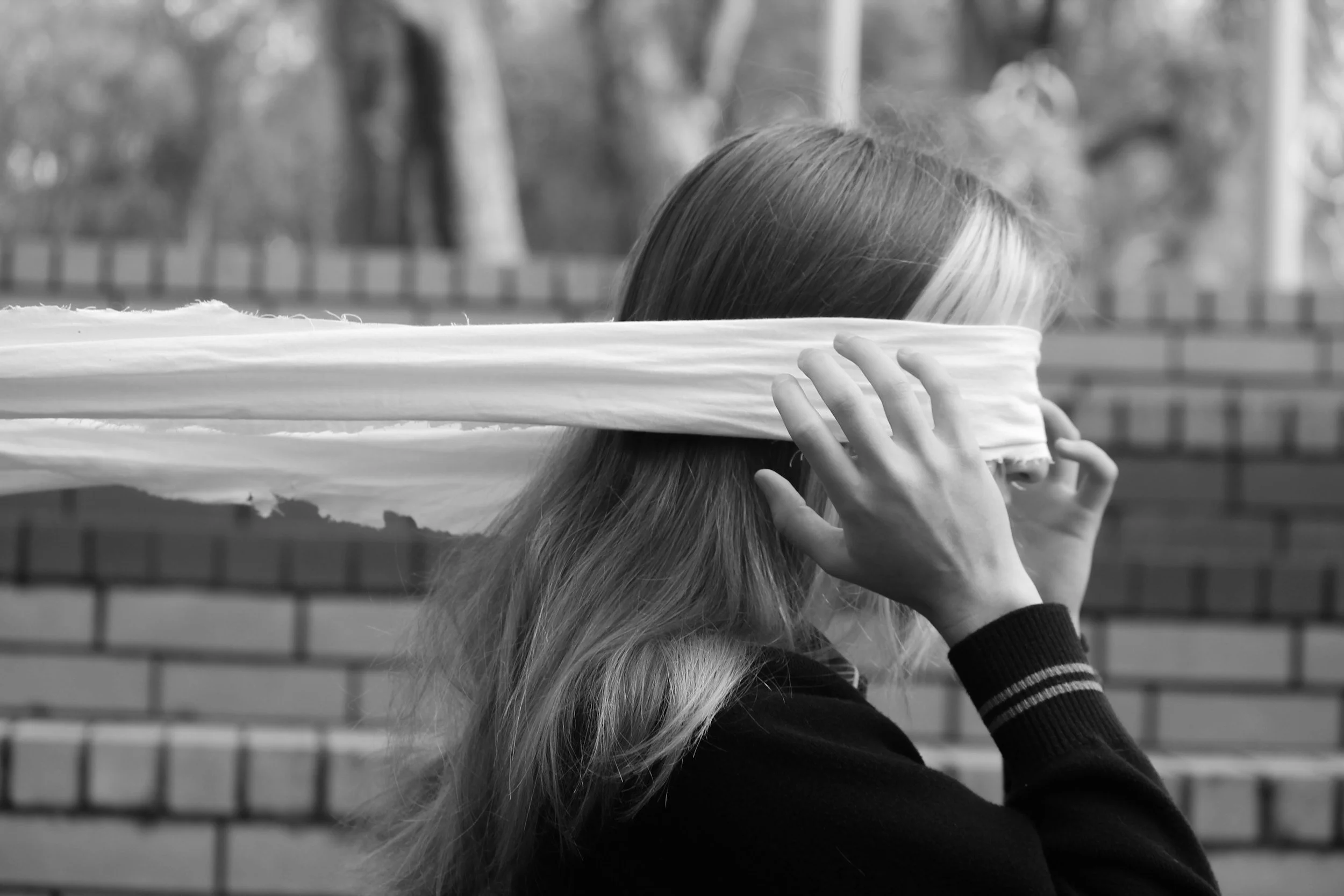
blinded within,
blinded without
These veils blind us to ourselves and to others. As we become blinded within, we become blinded without. Not only do we hide under a false self identity, we start casting false identities upon other people. It’s so easy to look at others and think to ourselves, “They are so perfect. Why can’t I be like that?” Or we go the other direction and say, “Man, they are so messed up. Why can’t they be more like me?”
Of course, the reality is that the very best among us is in the middle of their own struggle with the very same things we try to hide—and even the worst of us has light shining in somewhere. But our eyes are blinded, and so we tend to think others are doing so much better—or worse—than ourselves.
When we fool ourselves into thinking that everybody else has it all together, our usual reaction is to work harder at pretending that we have it together as well. While presenting a façade of perfection and holiness to the world, when we fail, we only end up wallowing inwardly in self-pity—which at its root is just one more insiduous form of pride.
If our eyes were made clear and healthy so that we could see the truth of who we truly are, perhaps we would have a chance to see that the rest of us needs healing as well. But if it is our eyes that are bad, how would we know? Jesus put it this way:
“No one after lighting a lamp puts it in a cellar or under a basket, but on a stand, so that those who enter may see the light. Your eye is the lamp of your body. When your eye is healthy, your whole body is full of light, but when it is bad, your body is full of darkness. Therefore be careful lest the light in you be darkness. If then your whole body is full of light, having no part dark, it will be wholly bright, as when a lamp with its rays gives you light.”
This present darkness in which we hide also causes a strange farsightedness. If we can convince ourselves of these false identities, we find that we can see the sins of others so clearly—even as our own sins remain safely hidden behind our masks. As we become more and more aware of the masks and veils that others wear, it is so easy to do a complete about-face and start wallowing in self-righteousness.
How can everybody else not know how sinful they are? I can’t be that bad. Maybe I should tell them. I’m sure they’ll thank me! Again, this is just a self-defense mechanism. Pointing out the sins of others can temporarily help us feel better about our own. But Christ warned against this as well:
“Judge not, that you be not judged. For with the judgment you pronounce you will be judged, and with the measure you use it will be measured to you. Why do you see the speck that is in your brother’s eye, but do not notice the log that is in your own eye? Or how can you say to your brother, ‘Let me take the speck out of your eye,’ when there is the log in your own eye? You hypocrite, first take the log out of your own eye, and then you will see clearly to take the speck out of your brother’s eye.”
Even when we are forced to have a genuine encounter with the wounded, sinful person under all of our masks and veils, our natural tendency is to rebound away from self knowledge and become overly-focused on the sins of others. It’s much easier to create our own false identities than to humbly acknowledge our own faults and let God tell us who we truly are. But it must be done, and sometimes we must feel the weight of our veils before we understand the necessity of the unveiling.
Eustace’s
At the time of my first Dark Night of the Soul, I blamed God for the darkness and silences. I have since learned that God is ultimately not the source of this darkness—but like everything else in our lives, He will use it for our good. Quite simply, we become smothered under the weight of all of our veils and masks. It’s not that God cruelly hides Himself from us, but that our false identities, veils and masks get in the way of our relationship with Him. God simply allows us to feel the distance.
Our proper response to the Dark Night is to ask God to get rid of everything that gets in the way of our heart and His. I have found that to be a prayer that He will always honor. Will we, in our darkness and distance, cry out for God to remove the things that hinder us, or will we cling stubbornly to them and remain in our darkness?
In The Voyage of the Dawn Treader by C.S. Lewis, Eustace the bully steals from the treasure of a dragon and has turned into one himself. If you don’t know the story, I’m not going to spoil it for you. (Okay, actually, I’m going to really spoil one part of it for you. But if you haven’t read it, I encourage you to do so. Right now. That’s right, you can come back to this book later.)
Now, some people who are given forms of power turn into tyrants, but Eustace found that now that he had the abilities of a dragon, he didn’t want to be one. They found him crying on the shore, a wound on his arm where the dragon’s armlet has dug into the skin.
One morning, Edmond—who in his own past was once a traitor to his brother and sisters—suddenly sees Eustace the boy, “undragoned.” A former Traitor speaks to a former Dragon, and together they find understanding. Eustace continues to relate the story of how he became a boy again:
“Then the Lion said—but I don’t know if it spoke—‘You will have to let me undress you.’ I was afraid of his claws, I can tell you, but I was pretty nearly desperate now. So I just lay flat down on my back to let him do it.... Well, he peeled the beastly stuff right off—just as I thought I’d done it myself the other three times, only they hadn’t hurt—and there it was lying on the grass: only ever so much thicker, and darker, and more knobbly-looking than the others had been. And there was I as smooth and soft as a peeled switch and smaller than I had been. Then he caught hold of me—I didn’t like that much for I was very tender underneath now that I’d no skin on—and threw me into the water. It smarted like anything but only for a moment. After that it became perfectly delicious and as soon as I started swimming and splashing I found that all the pain had gone from my arm. And then I saw why. I’d turned into a boy again.”
The hard truth is that we cannot fix ourselves. Like Eustace, we find that our sins, and those sins committed against us, have turned us into dragons. We cannot heal the wounds that our sins have caused. We cannot change ourselves back into boys and girls. We must let Him undress us. We must let Him tear away the ugly layers so that our true selves may be revealed. This revelation, this unveiling may be painful, but it is absolutely necessary for our long-term healing.
I don’t want to downplay how difficult this dangerous prayer can be, or minimize how necessary it is. When all we have known is darkness, it can seem such a terrible thing to be suddenly cast blinking into the light. It can seem so much easier to feel sorry for ourselves, retreat under our masks and veils and blame God for the darkness. But it must be done. And it will be done, one way or another.
When we are unveiled through painful circumstances, we naturally learn to fear that unveiling. It can feel like someone just ripped our bandages off and threw us into the cold streets. God’s unveiling can also be painful for the moment, however His always comes with His presence and healing. He won’t leave us lying there alone, naked and shivering and afraid. He has beautiful new clothes for us to wear, clothes of compassion and grace and love. His unveiling is always accompanied by His perfect love. And perfect love casts out all fear (1 John 4:18).
Christ alone
the JUDGE
of my heart
I was bullied for years, from grade school right on up through my freshman year in high school, and then things got better. Something changed that year, and even all these years later, I cannot fathom what. I suspect somebody was fighting for me.
Not that the bullying entirely stopped. I’ve faced bullies at work, church, among friends, and even family. Each has tried to tell me who they thought I was. They’ve given me many names—many unfit for print. Every false name and label was meanspirited and wrong, but some had just enough bits of truth in their lies to make them stick.
The worst bully I have ever faced, however, is one that I endured every day when I got up, for decades. I heard his voice constantly throughout the day and night. I couldn’t escape him. Every time I turned around, he had another bitter, biting comment. When the world applauded my works on stage and in print, he was always there to point out how it all could have been better. When my family and friends surrounded me in days of hardship with words and deeds of kindness, he was always there, mumbling in the background about how I undeserving I was.
Yes, I have bullied myself. I have cast disparagement and disgust upon myself in the dark of night far more cruel and vile than any other person has spoken over me. I have called myself terrible names, names that wound and crush and tear and burn. I have believed those words I have spoken over myself because I believed that I deserved it.
It has taken years for those false judgements and lies to be confronted in the light, for wounds to begin to heal. Hundreds of hours of prayer and counseling have brought a great deal of healing. But it has been a great difficulty, and quite frankly, I’m still a mess. But I know now who I am.
This world is filled with voices clamoring for the right to tell us who we are. Ads babble over each other, each more garish and strident than the one before. Flip through the channels or surf the internet and you’ll run into hundreds of very subtle judgements on who you are and what your problem is; trying to sell you the perfect remedy for issues you didn’t even know you had. If you let yourself start listening to these voices, you can lose a healthy grasp on your identity pretty quickly.
Making all of this even worse is the truth that Western culture has an altogether unhealthy fixation on individuality. Many other cultures tend to place more emphasis on the family unit and the role of the individual as a necessary part of the whole, but ours has a marked tendency toward independence and navel-gazing.
We’re very prideful about our ability to take care of ourselves, especially in these ‘United’ States. Unchecked individualism is like a cancer. We go on and on about building up our self-esteem until it grows out of control. It’s my life! My choice. How dare anyone tell me what to do? I can handle it myself!! Our tendency is to go it alone, bravely—when the very thing we desparately need is to acknowledge our brokeness, together.
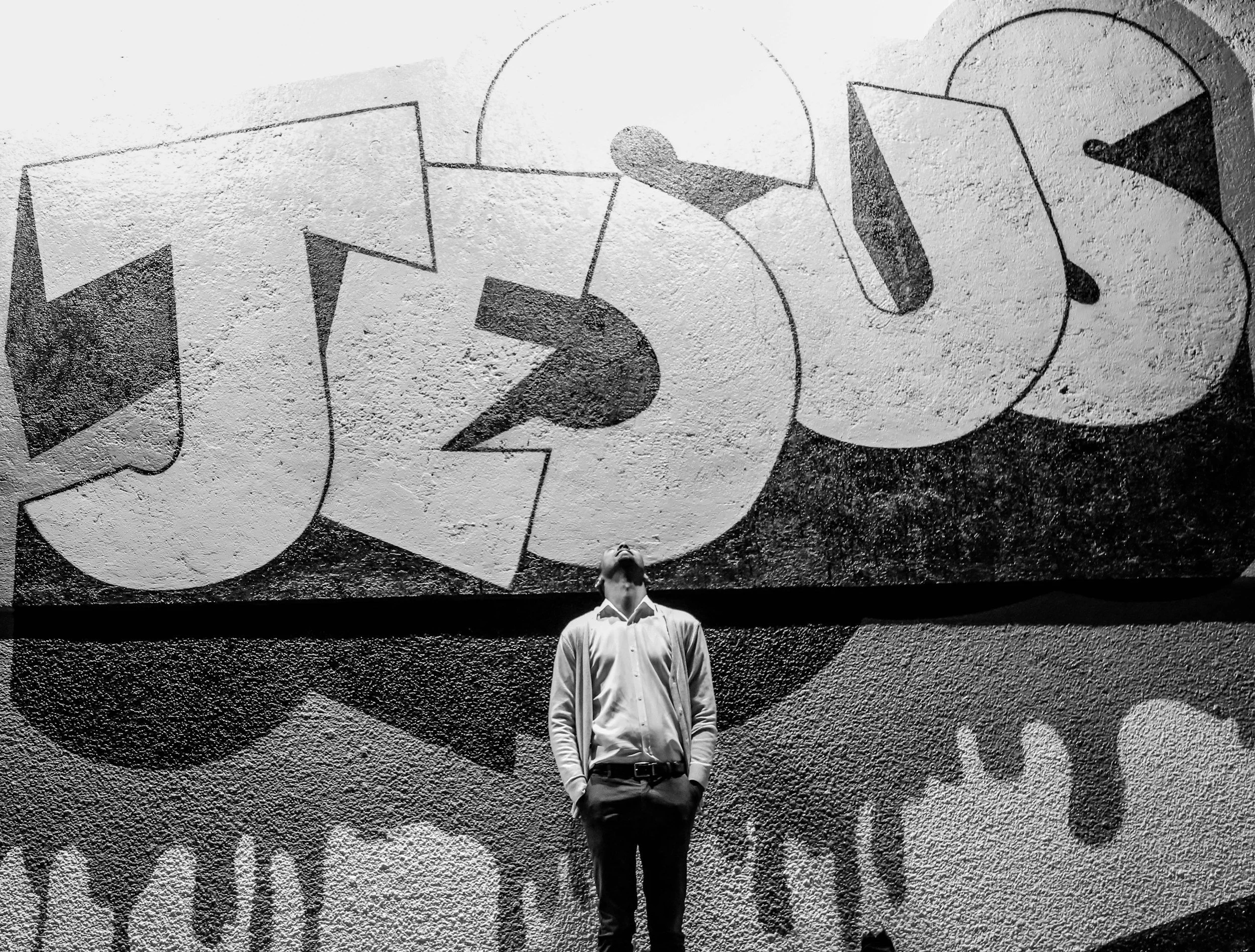
crazy
LOVE
Do you know Jesus? I’m not asking whether you go to church, or if you’re a good person. I’m asking if you know Him. Jesus is real—overwhelmingly real—and He wants you to be real with Him. He knows you already. He wants you to know Him. He loves you so much.
A pastor friend of mine, Brad Bramlet, is fond of saying that Jesus is crazy in love with you. There is nothing that you will ever need to do to earn His love; you already have it. And there is nothing you can ever do that will make Him love you more. Jesus alone loves you perfectly, unceasingly and unconditionally.
More than anything, Jesus longs to abide with you—His heart to your heart, your heart to His. No matter what you’ve done or where you’ve gone, you have never been anywhere He can’t find you. He knew you before you were ever born. He has pursued you your entire life and right now He is shining upon you, a bright light, gentle smile upon His face. You might say he’s beaming. I mean, He is the Son after all.
(Congratulations! You survived your first dad joke. Buckle up, there’s gonna be a lot of those.)
Jesus is ready, willing, and waiting to take away everything that is keeping you from the best relationship you can ever have. He longs to take away every false identity that is keeping you from being open and honest in every other vital relationship. He wants to bring healing to the wounds you hide from the world, the wounds you aren’t even aware of—and the wounds you have caused when you sin against others. He has already taken your wounds—and theirs—upon Himself.
There are no magic words or special hoops to jump through. You don’t have to go anywhere. He’ll find you. You don’t need to become someone else. In fact, you don’t really need to do anything. Just ask Him to tell you who you are.
“God knows where you are. He will find you no matter how far you’ve fallen, no matter how far up in the balcony you try to hide, no matter how many layers you try to put between you and God. Wherever you are, whatever you’ve done, if you’ll let Him, God will wrap you in His amazing grace that vaporizes all the sins you’ve committed, no matter how many layers you’ve piled on to keep from exposing your mistakes.”
Will you dare to let this dangerous God unveil you? Will you dare to let Him remove your false names and false identities so that He can sing your true name to you? He’s the only one in the entire universe who gets to tell you who you are. After all, He created you.
the heart
LIES
To begin to see, we have to first and foremost acknowledge two very difficult and unpopular truths:
Our hearts are deceitful, and
Our hearts are desperately sick.
“The heart is deceitful above all things, and desperately sick; who can understand it? ‘I the Lord search the heart and test the mind, to give every man according to his ways, according to the fruit of his deeds.’”
Let’s dive deeper into this verse. “I the Lord search the heart and test the mind.” When we claim to fully know ourselves, we are actually claiming to be God—because we are really just standing in judgement over our self. When we judge ourselves, we are really setting ourselves up as the Judge over all. Even if we are not aware of anything against ourselves, we are not thereby acquitted of sin. God alone is our Judge.
“I the Lord search the heart...” God searches our hearts. He sees past all of our veils and masks to the truth of who we are. There is nothing that can hide from Him. “...and test the mind.” He tests our minds. In Romans 12:1-2, we are told that this testing enables us to discern God’s will. His desire is that we be renewed and transformed.
Let God be God. Let Him search and test you. Blaise Pascal said, “Not only do we not know God, except through Jesus Christ, we do not even know ourselves except through Jesus Christ” (Pensées, 177). In order to truly know our own heart and soul, we have to ask Christ to remove the veils we have placed over a lifetime. Do not be deceived; you will not be able to do it in your own strength. God is the only one who can save us from our selves.
Oswald Chambers, a humble man made great by God through Spirit-filled writing and preaching, understood that even beginning the process of looking inward takes a great deal of courage. Yet, he said, this is the only way that we can be of any use to God:
“The only way we can be of use to God is to let Him take us through the crooks and crannies of our own characters. It is astounding how ignorant we are about ourselves! We do not know envy when we see it, or laziness, or pride. Jesus reveals to us all that this body has been harbouring before His grace began to work. How many of us have learned to look in with courage? We have to get rid of the idea that we understand ourselves; it is the last conceit to go. The only One Who understands us is God. ”
This unveiling—this personal revelation—can be utterly terrifying, but it can also be truly freeing. If we ask God to remove the veils from our hearts, He will begin by destroying the lies that have been told about us. In the process, He will also reveal the lies we have told ourselves. As the Spirit of Truth shows us the truth of who we are, He will expose hidden sin within us so that we can confront it in the light and repent.
I speak from personal experience: this is so very hard, but guess what? It’s absolutely worth it. If you persevere, God will lead you into so much joy and peace. If you dare to let Him, He will bring healing to wounds that you did not even know were there.
I don’t want to minimze the struggle. I confess that there’s a part of me that always wants to take the comfortable way out. Why be free when it may hurt so much to find out the truth about ourselves? Why not keep our hearts safely, comfortably buried?
The deadly counterfeit of false identity is calling and its siren song seems sweet and compelling. It is so much easier to cling to the familiar, even when it is killing us. Believe me, I know. I’ve been through this so many times in my life, because it is so easy for me to cover up my problems instead of confronting them in the light. We humans tend to prefer the pain we know to the strange healing that Jesus offers. If you have never known anything but pain for years, it’s hard to even comprehend life without it. It’s far easier to stay the way you are. The status quo holds so much inertia when you stand facing the Great Unknown. But there is so much healing and freedom when we finally let go.
It has taken me most of my life to understand what it means to be truly and perfectly loved by Jesus. I have learned that I can trust Him. The final reality is that all will be revealed, one way or another. Either we choose to allow God to remove our veils willingly, now, or all will be revealed later. In fact, Isaiah says that the entire world will be unveiled:
“And he will swallow up on this mountain the covering that is cast over all peoples, the veil that is spread over all nations. He will swallow up death forever; and the Lord God will wipe away tears from all faces, and the reproach of his people he will take away from all the earth, for the Lord has spoken. It will be said on that day, ‘Behold, this is our God; we have waited for him, that he might save us. This is the Lord; we have waited for him; let us be glad and rejoice in his
salvation.’”
Jesus echoes this, promising that nothing we have covered up will remain hidden:
“Nothing is covered up that will not be revealed, or hidden that will not be known. Therefore whatever you have said in the dark shall be heard in the light, and what you have whispered in private rooms shall be proclaimed on the housetops.”
So. let the unveiling—this revelation—this apocalypse—begin. Let’s walk carefully into my own darkness, twenty-five years ago. There’s a wounded young man there, huddling under the covers in a cluttered basement bedroom. His face is hidden, sweating under a tired old heating pad as he tries and fails to cope with yet another migraine. The silence is screaming so loudly he can’t hear anything. The light seems so far away, now; the shadows so dark and foreboding. He is broken, weeping, and alone—or so he thinks.
He does not know how perfectly he is loved.
He does not even know who he is.
notice
lost. one missing
purpose
answers to the name,
“might have been”
wearing a bright red
collar of hope
reward
twisted
have you ever laid
so long in a position
and then tried to get
up from your bed
only to find that now
you cannot stand?
crippled
stumbling, I fall
onto my lying face
mesmerized, I stare
at the floor
this familiar place
where
my pride leaves me
justifiably
naked
hurts, but I don’t care
I think I’d rather feel
the pain
here
than elsewhere
I really thought I
could do it this time
silence
I shudder under deadweight
Mounds of sodden, moldy cloth around me—
Falling again, and the night wind
knows my tears
Where is the joy I knew? Faith
Seems lost, gone to dust, vainly hiding
Crumpled among the torn sheets of
these dead years
Somewhere in there is a heart, faintly beating.
I don’t know where.
laugh, man, laugh
Laugh, man, laugh—while the timeless turning of life
Trips you up once again.
Life is a foolish thing, isn’t it? Silly clown,
Bumbling around from obstacle to obstacle;
Grinning idiot, tip your hat to the world as you fall
Again. Pull yourself up by your bootstraps.
Take a bow, a curtain call and fall flat on your face again.
Hah hah! Ho ho! and hoot ‘n’ holler, what a gas!
What a clown! Always makes us laugh—say,
Isn’t he taking a long while getting up? Hey clown!
Silly clown, get up! You make us laugh. Get up.
Why isn’t he getting up?
Mom, I’m bored. Let’s go home. Alright, dearie,
Just wait a sec while the funny man rises. Funny
Man? Mr. Clown? Sir?
Why are you weeping?
aisle three
it occurs to me I’ve placed myself
on a shelf so high I can’t reach it anymore
and the only thing to do is let go of my pride
so that I can straighten up
but it hurts, so I just crouch here, staring
faith hurts
“Be merciful to those who doubt...”
faith is the strong man;
I am the weak one
beating against brick walls with bloody fingers
grabbing each little speck that I can
somewhere on the other side, there, it is easier
but I’ve never seen it
a place to hide
I remember when I was small enough I would crawl
into the kitchen cupboard under the sink
just sitting there, ignoring the spiders
while they ignored me; it worked out well.
there’s something that feels safe about a place
where six walls close you in
and all you have to worry about is yourself
and maybe the spiders
but they don’t bother you if you don’t bother them
and neither does the pain
sure, your life may be dull and meaningless
and you may be lost for companions
but at least the silence doesn’t bite
as much as losing one
troublesome, how easy it is to find
a place to hide
the stain remains
I gave it up today. The brush
Lies dry and crusted in the jar, unmoved
By any stir of art or breath
Of higher Heart or gentle cancer
Slowly grown. I am unmade;
I stand in howling winds and sway:
The tears have dried. The stain remains.
black noise
The prisoner in darkness slept
At peace with all, unknown to fear
Until a migraine came at night
Out of deep shadows where it crept,
Slithe and serpentlike into his ear
To scream its wretched siren song again
And summon the betrayal of the light.
hold me
Somebody keep me from falling tonight.
I cannot keep myself alone
and upright
I need you to hold me
up
bring me through
this
somehow
I need you to love me
with
all your heart
love
without
limitations and conditions
no
exceptions
no
margins
to trip me up again
just a smooth, steady hand
of assistance
don’t drop me now
hope (fate has a dark way)
Fate has a dark way of swallowing up
even the boldest of fools.
Vain men gulp from the poisoned cup
and, too late, remember the rules:
Lost in their madness, they heedlessly sup,
defiantly braying like mules.
Not that I’m better then anyone here,
I lack even the strength to stand.
I’d rather wallow and weep in my fear
than meekly reach out my hands.
Blind to the help that is so very near,
yes, this is the fool that I am.
Just when I think I can glimpse the horizon,
I sink with my boat once again.
Just when I think I can see the sun rising,
I wait, and the darkness descends.
Just when I hope that I have become wiser,
I foolishly fall into sin.
I, too, have seen the brightest of days
turn into the darkest of nights,
Yet I have looked up, at a pause in my way,
to see the city all spread out in lights;
Each a singular hope of a singular day
in a singular desperate life.
the range is set anew
“Defeat may serve as well as victory to shake the soul and let the glory out…Only the soul that knows the mighty grief can know the mighty rapture. Sorrows come to stretch out spaces in the heart for joy.”
“Sorrows come to stretch out spaces
in the heart
For Joy,” the laureate flourishes with one
last perfect jot,
And the universe expands until he cannot—
cannot—
Hold this wideness of a Peace stretching
outward now as in,
The great and glad expanse of it his soul
incomprehends:
And there’s nothing to do anymore but
try to take it in;
Because maybe, dear heart, maybe this is
where the soul begins
To find music in the silences, and laughter
in the trauma.
for time is often darkness
“God has made my heart faint; the Almighty has terrified me. Yet I am not silenced by the darkness, by the thick darkness that covers my face.”
Be who you are, and if you do not know
Just who you are, be what you know.
Exist, and move, and breathe in,
Breathe out; but do not take it for granted.
Progress is a comfortable disease,
Yet comfort does not always equal progress.
Be comforted in your pain, she is a faithful friend
That will not leave you when all else is gone;
And though she may not be a welcome visitor,
You may yet find peace in her sad company.
Rejoice to find the day—and more, the night;
For time is often darkness, and little light
Often bathes the narrow way. Be tried, be true;
And do not fear the road that changes you.
Thanks for staying, friend. I appreciate you.
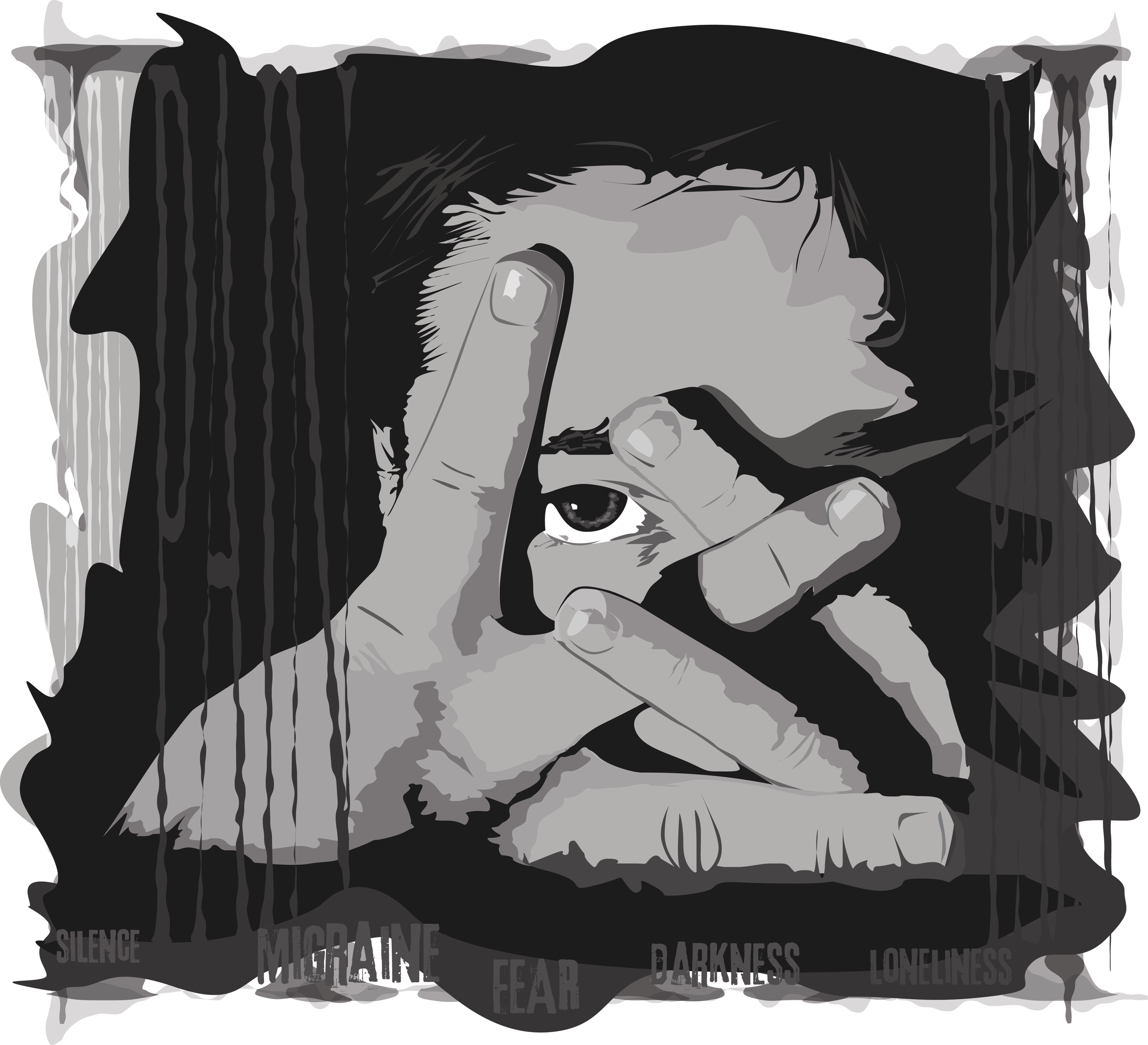
I have seen the Darkness. Fingers frame a face well worn with pain.
Prisons of stabbing coldness ever seeking warmth.
I have seen the Light. Moments with loved ones, treasured and kept.
Understanding and compassion and grace. Love that sees past prisons and holds on ever tight.
I see you, neighbor. I see you struggling bravely against a condition that robs you of so much. I see your anguish, anxiety, depression, terrible sadness. I see your frustration against an enemy that keeps you imprisoned.
For many it is a life sentence. Sometimes you get out on parole for a while, but it feels like just when you start to get things together, another migraine slams the cell door shut.
I see the prayers you’ve desperately whispered to a God who seems distant and uncaring at times. I see you wondering if He even hears.
I see you wrestling with pain despite all of the times you’ve prayed for healing.
I see your anger. I see your sorrow. And I understand.
This journey we’re on together is going to take us into some dark places. But you’re familiar with those, aren’t you?
You are no stranger to the Darkness. And neither am I.
Per tenebrus Lux.
Thru darkness, Light.
I’ll be honest with you. This might be a rough journey, neighbor. It’s getting pretty dark, and we won’t be able to open the prison door for awhile, yet. Here, I have some rations in my pack. Shall we pray together?
Be blessed.
“There was a door
And I could not open it. I could not touch the handle.
Why could I not walk out of my prison?
What is hell? Hell is oneself,
Hell is alone, the other figures in it
Merely projections. There is nothing to escape from
And nothing to Escape to. One is always alone.”
“My work is stressful. It requires me to face the dark side of existence, and the migraine attack, awful as it is, may be a cleansing convulsion that permits me to continue.”
PRISONS
Jason Christopher Hackwith
why must I be alone
left
to my own tormentor
tentatively
considering each step
outside
my prison speaks.
stay
leave, I answer.
but
we remain
I do wish he’d leave
follow the RIVER?
The WAY
is shut.
It was made by those that were dead… and the dead keep it.
Yep. That’s the DUNGEON DOOR.
Keep a weather
on it, now.
Thing is, it’s not always in the same place twice. Likes to move around, it does.
Thought we had it open a few years ago, but it wasn’t the right time, I guess. Truth is, neighbor, I’m ’fraid we haven’t had the key for many a year. It’s gotta be around here somewhere.
Still, there’s something in the air. This season feels different, somehow. Got an itch between my shoulders.
Maybe someone on the
mailing list has the key?
I see you.
Photo by the amazing Nik Shuliahin, courtesy of Unsplash.
photographers on Unsplash.com.
Hey, I get it. I've struggled with migraines since I was five years old: over forty years. The worst migraine I've ever had lasted a little over a week. In addition to stabbing pain I had stroke-like symptoms including a persistent aura, aphasia, slurred speech, massive brain fog, debilitating nausea and terrible anxiety. I had a very hard time holding myself together.
On average I get between five to eight migraines a month. Most of those aren't anywhere near as bad as that worst one, but I usually have one or two a month where I just have to go hide in a cold, dark room. My wife Lindsay is a steady hand for me in the Darkness. I'm so grateful for her.
Whatever you are struggling with, if I can help with anything
whatsoever, just let me know. Call or text me at 208.298.9083 anytime.
Hang in there, ok?
Be blessed.
“To live by grace means to acknowledge my whole life story, the light side and the dark. In admitting my shadow side I learn who I am and what God’s grace means.”
